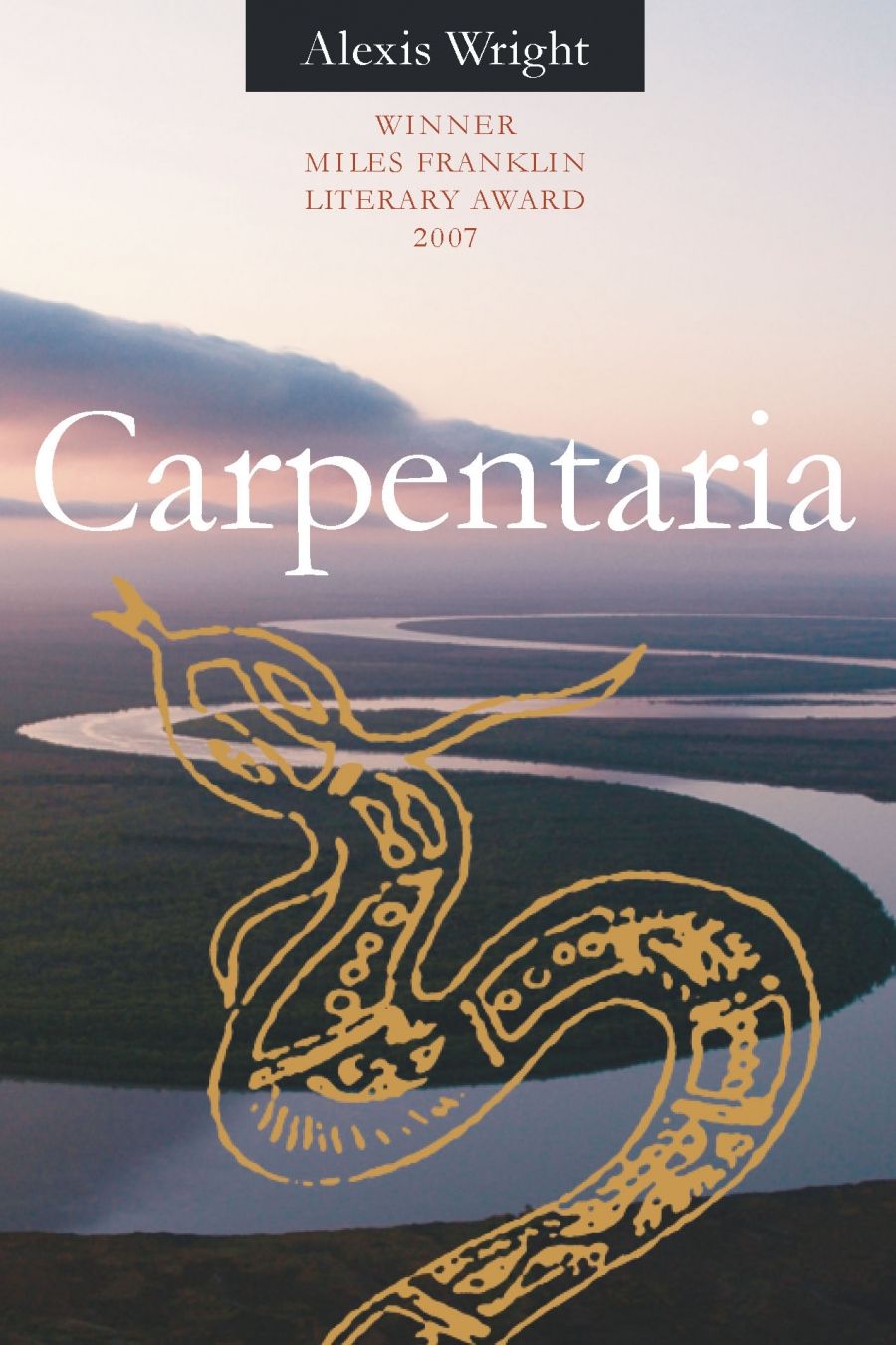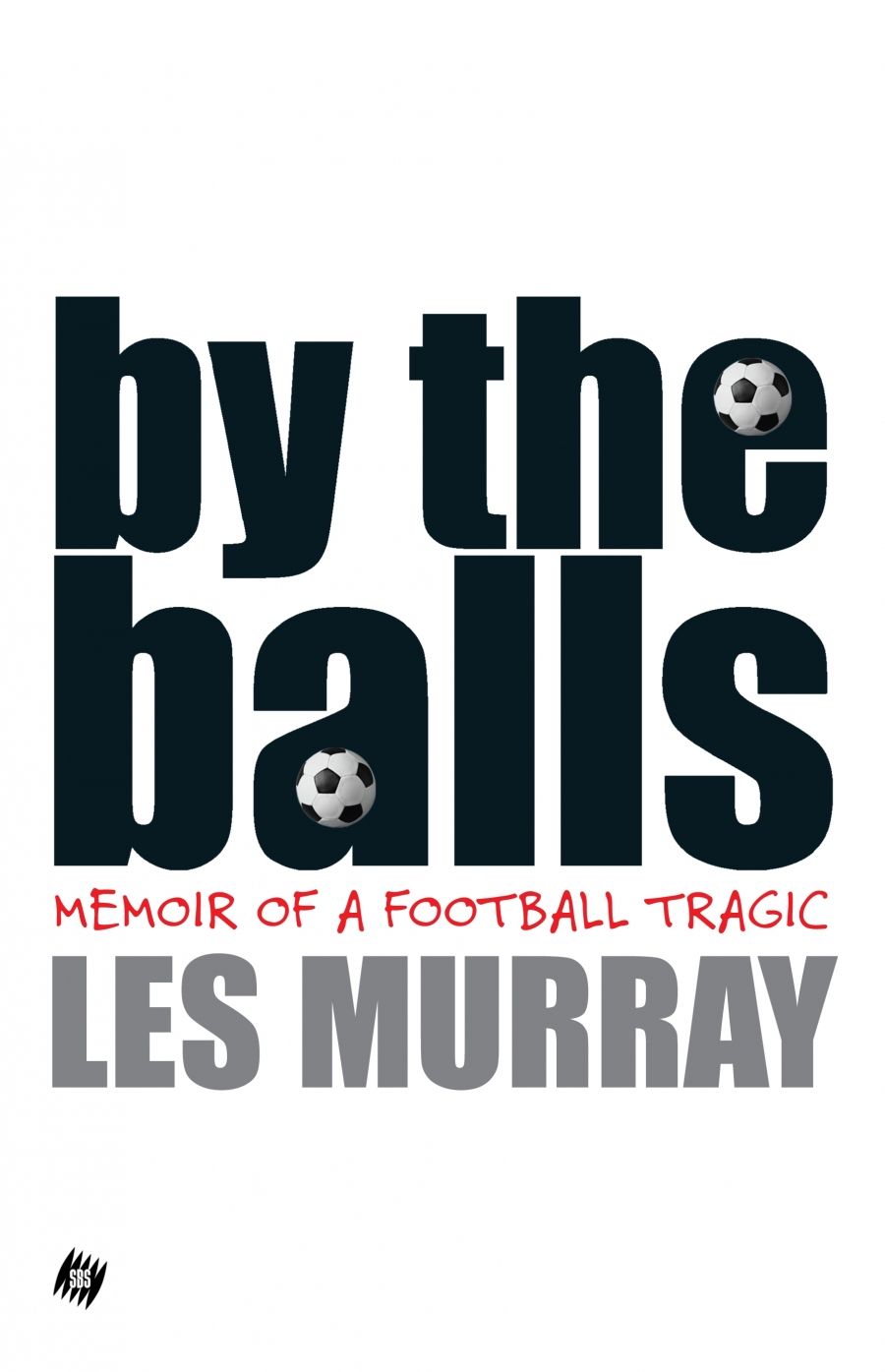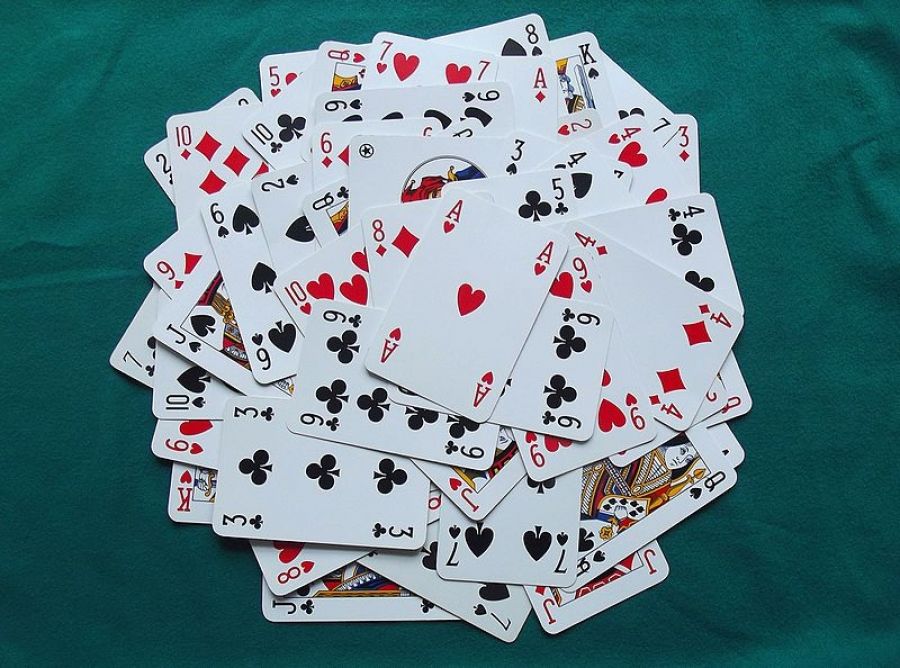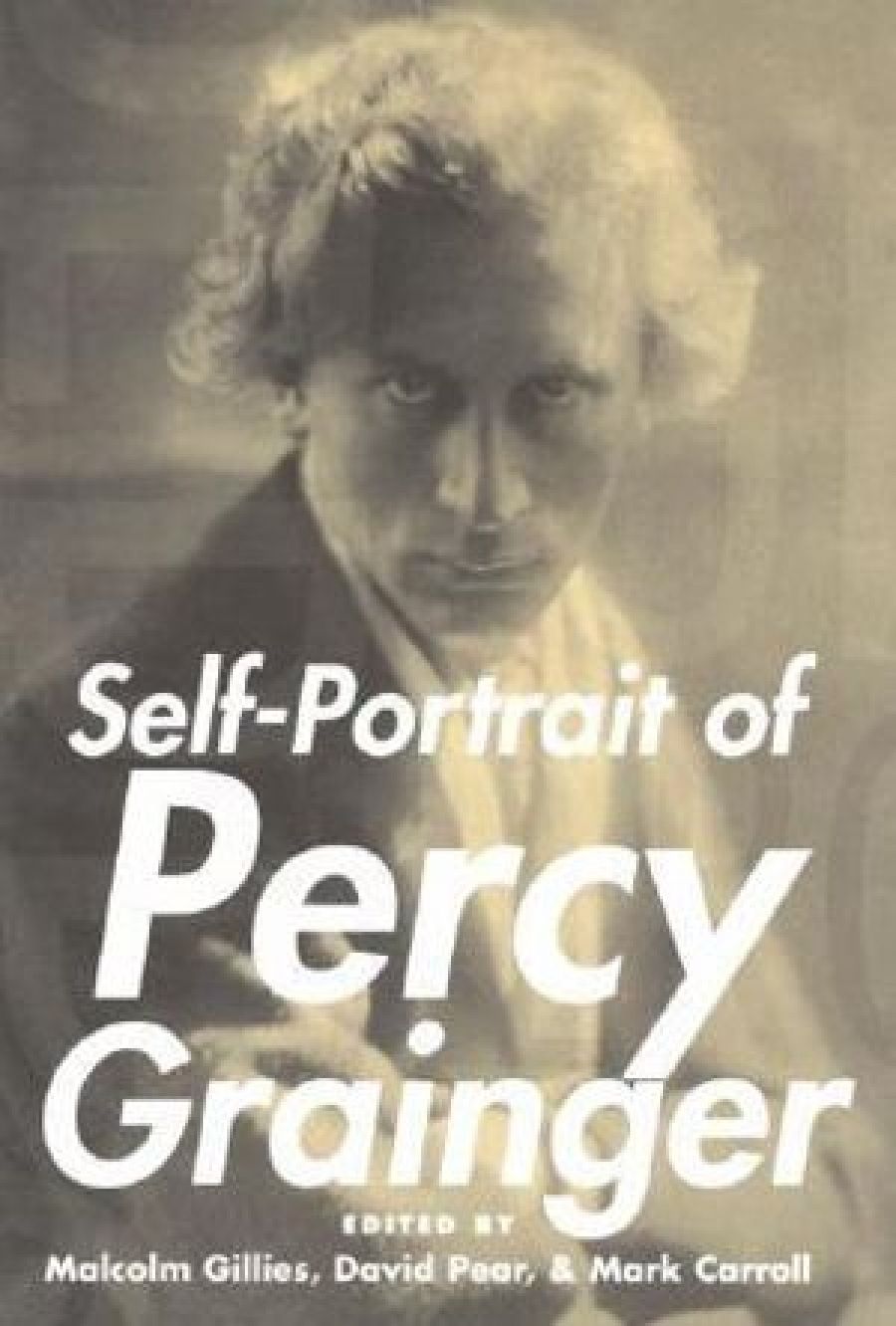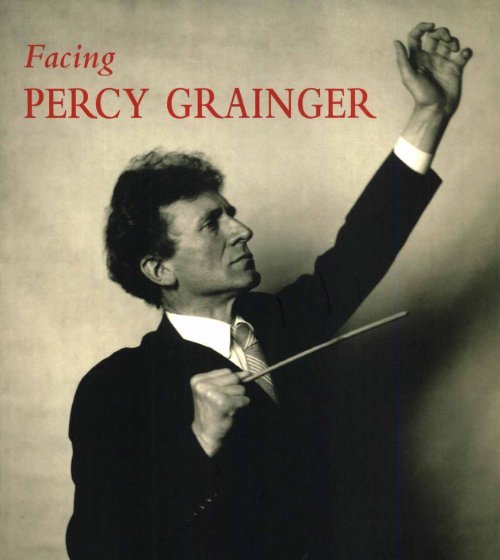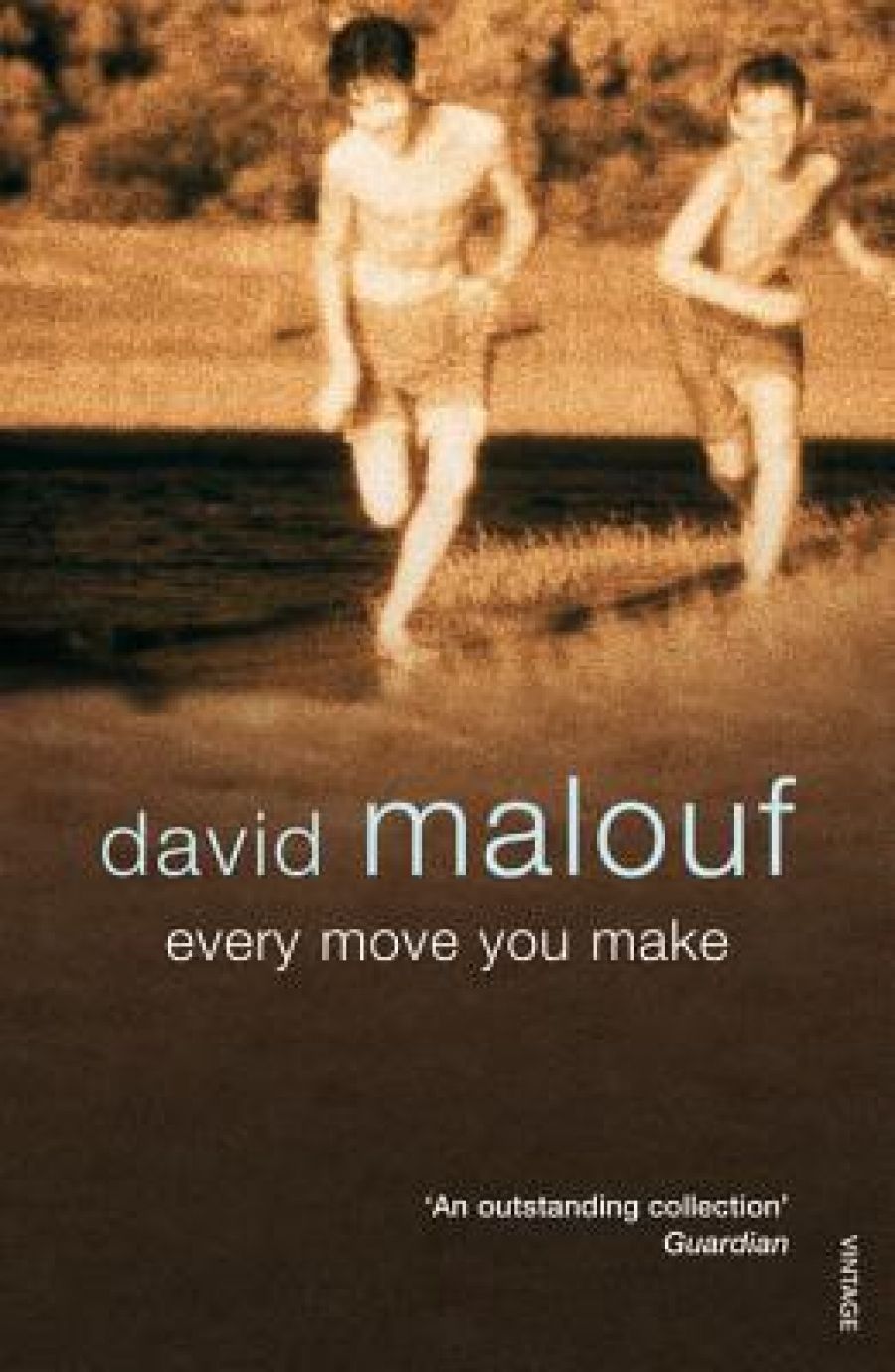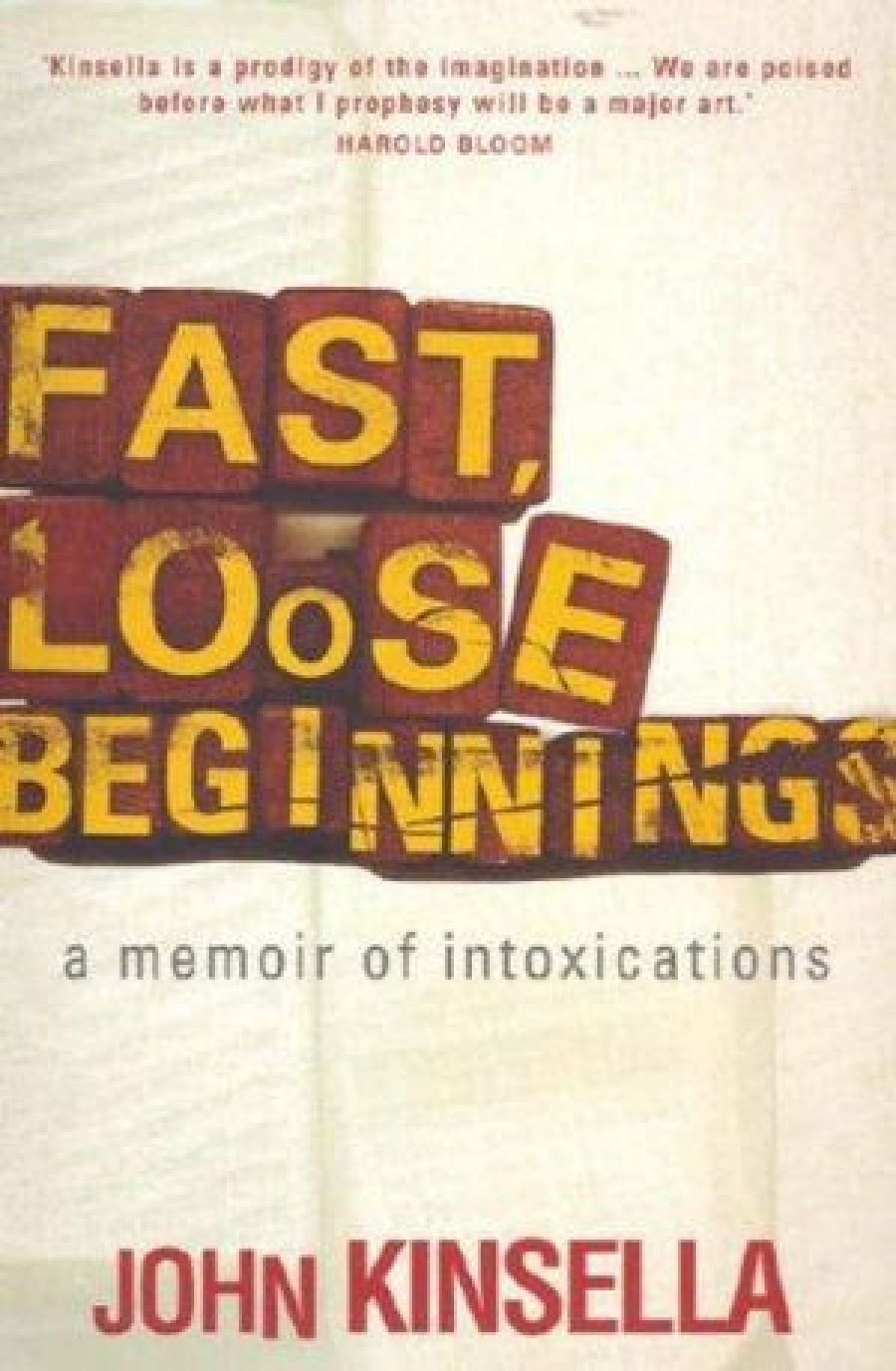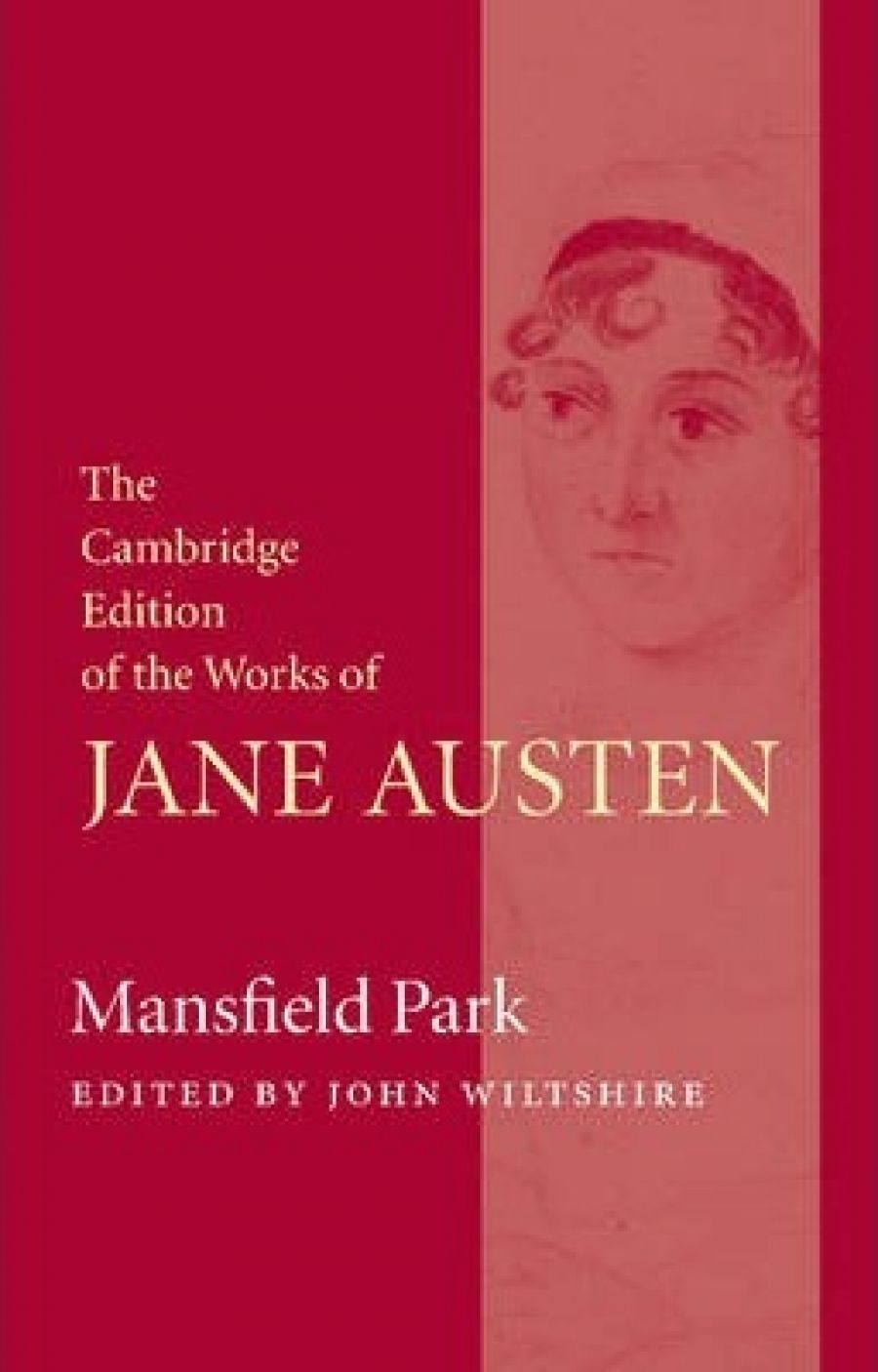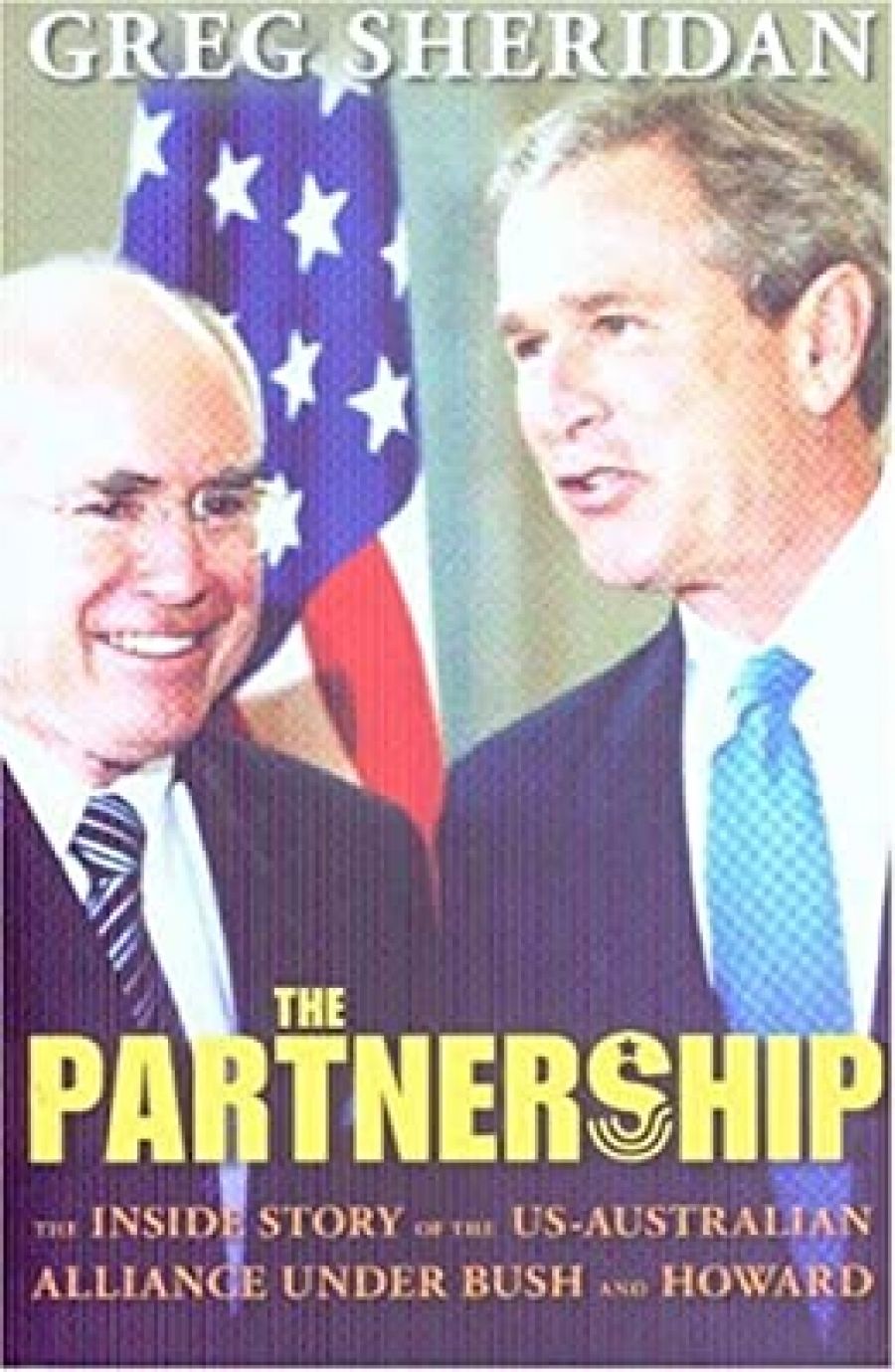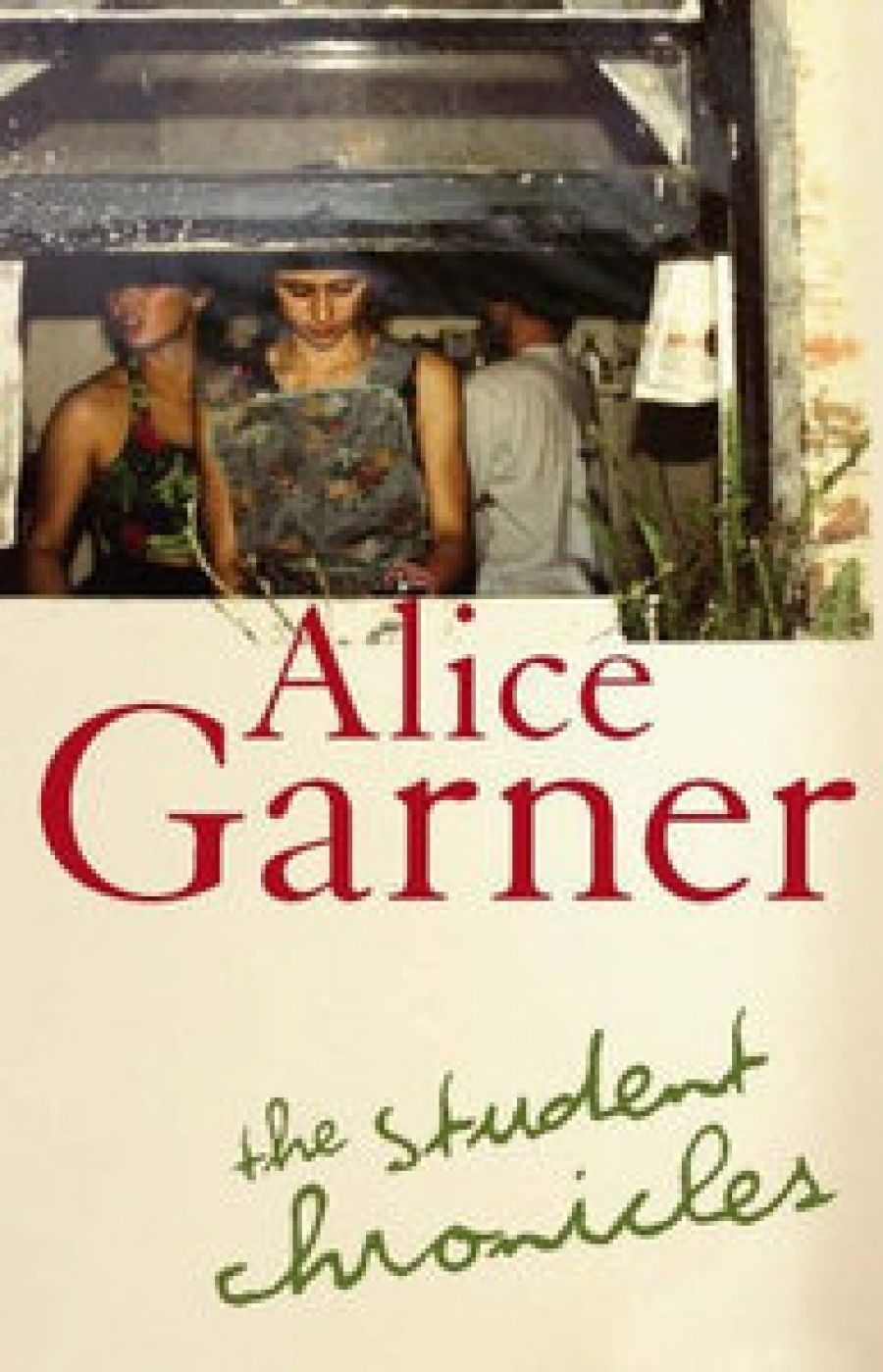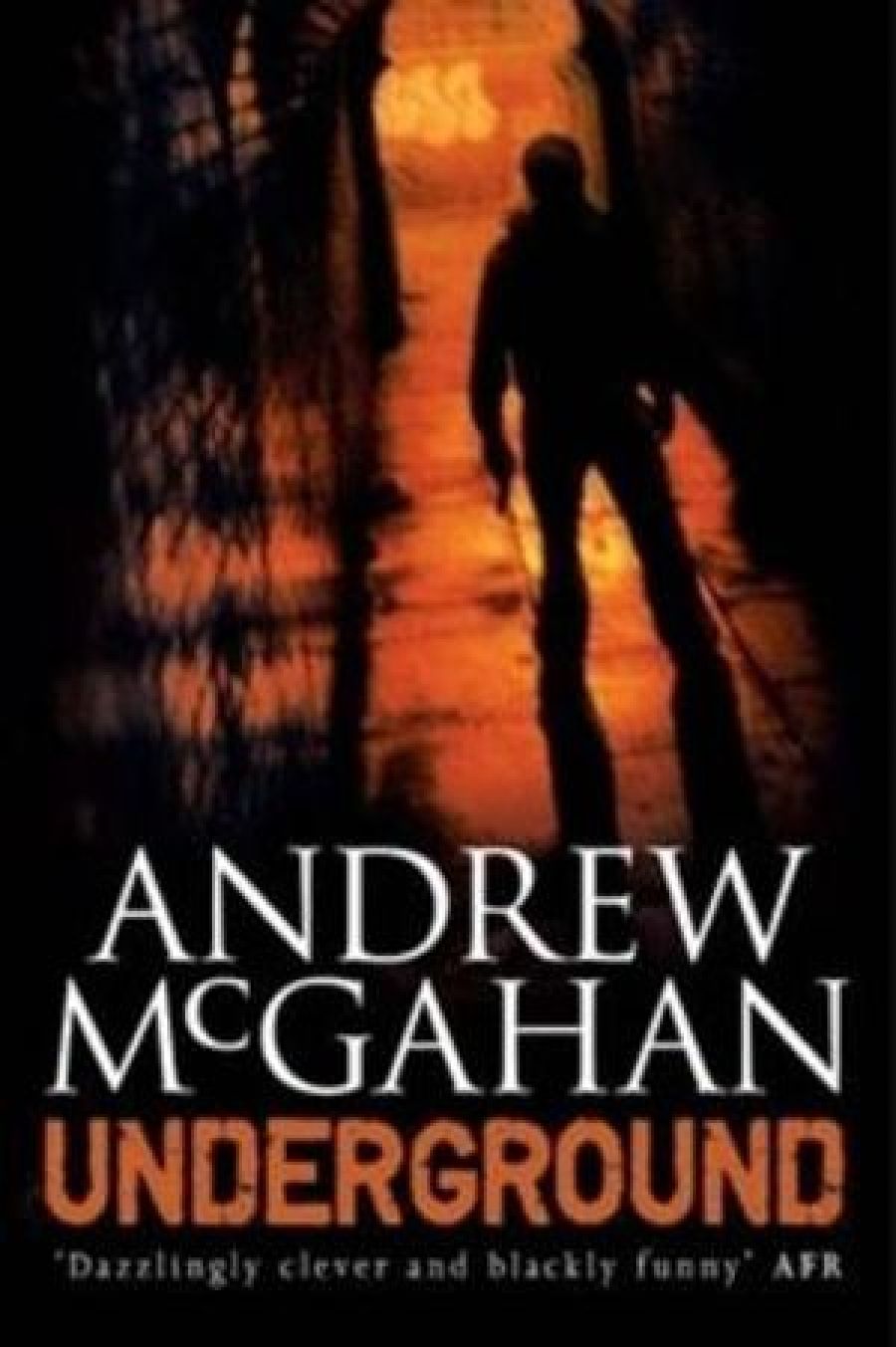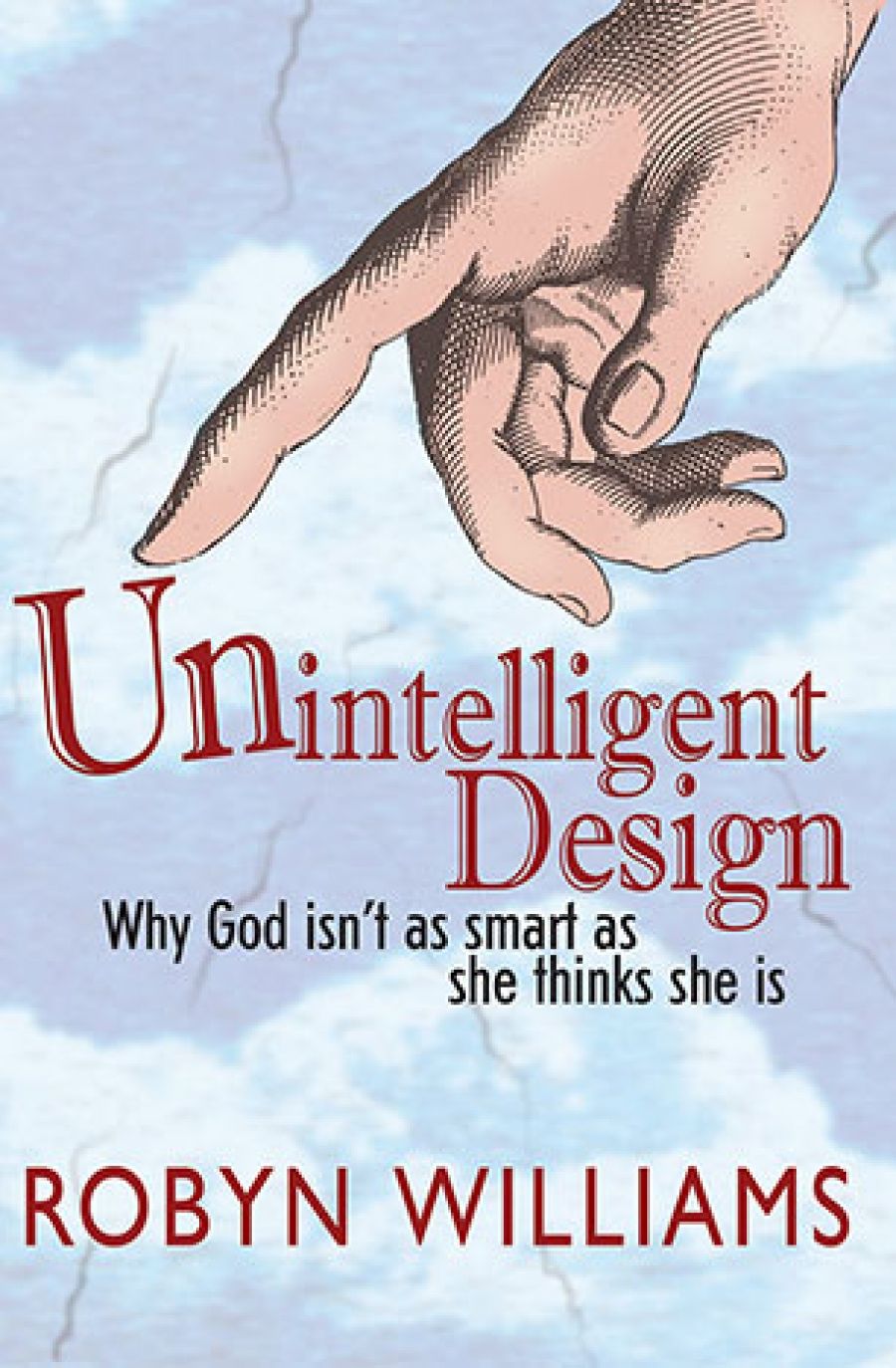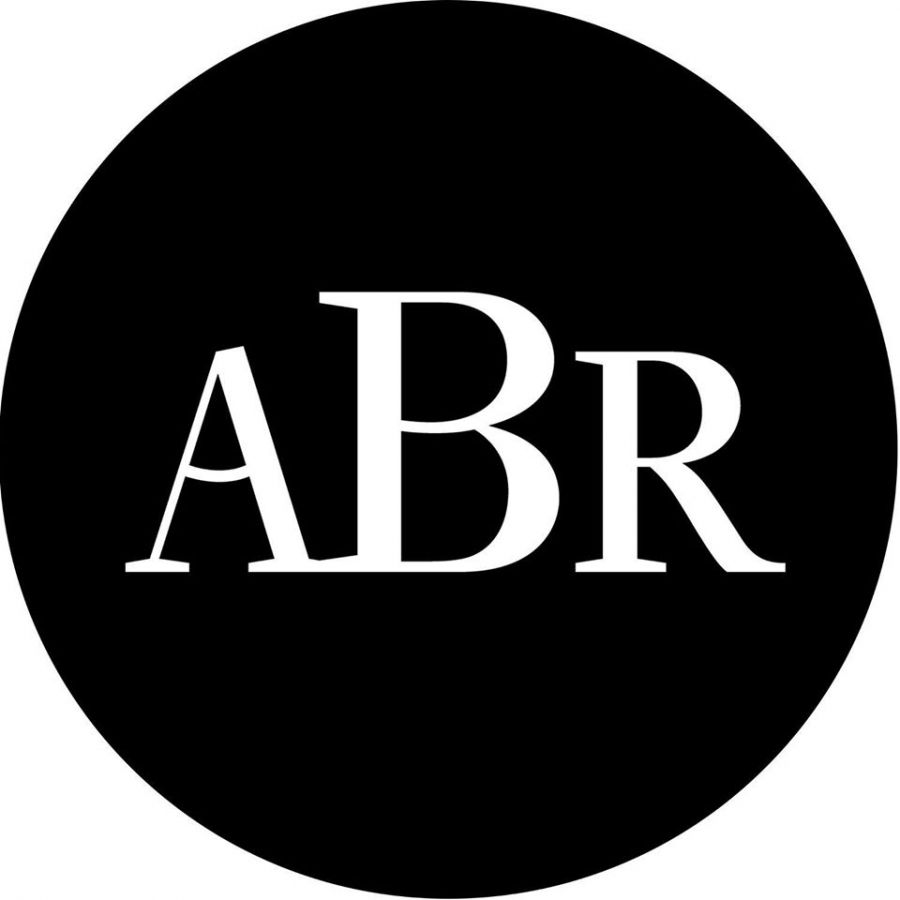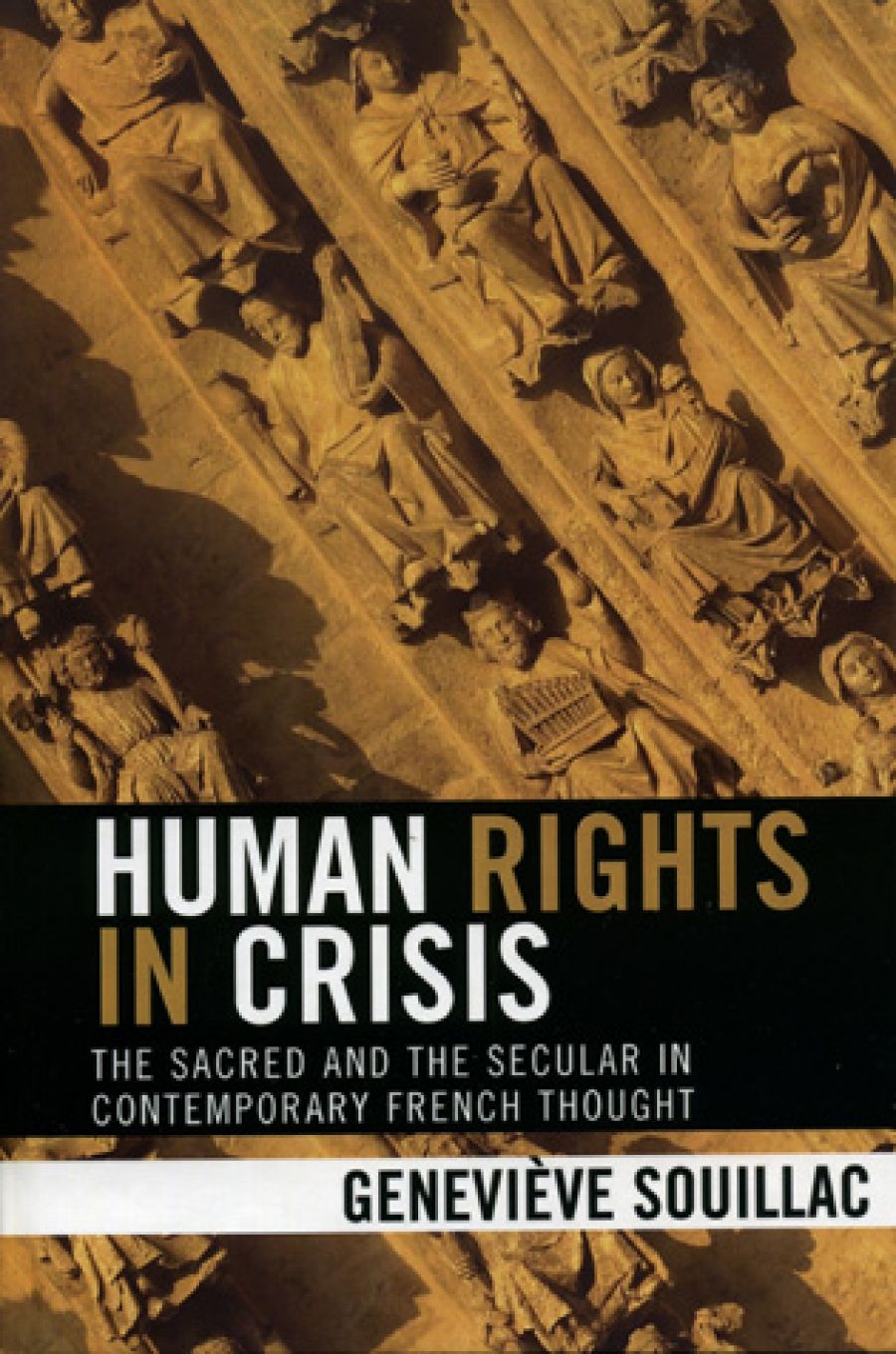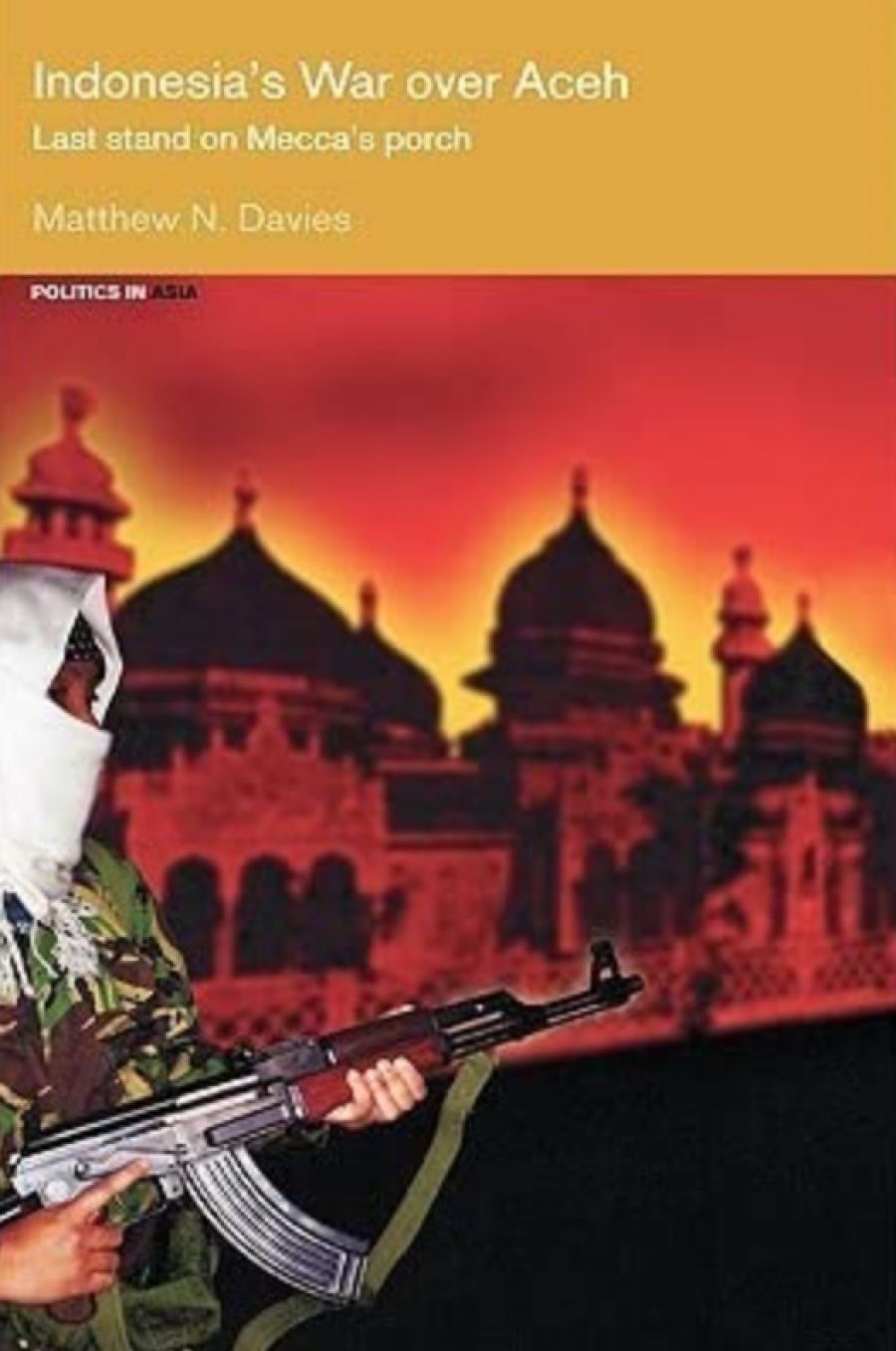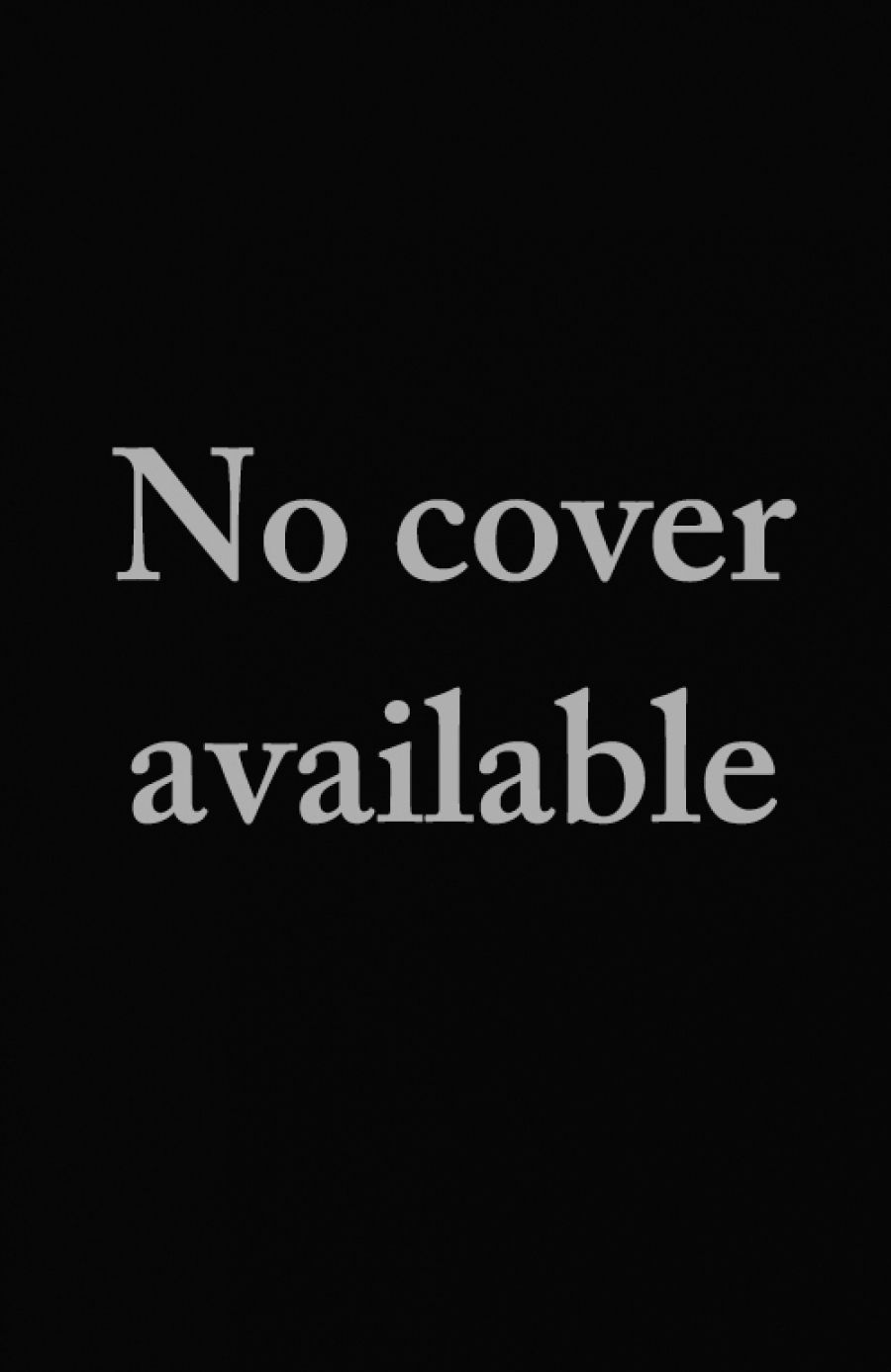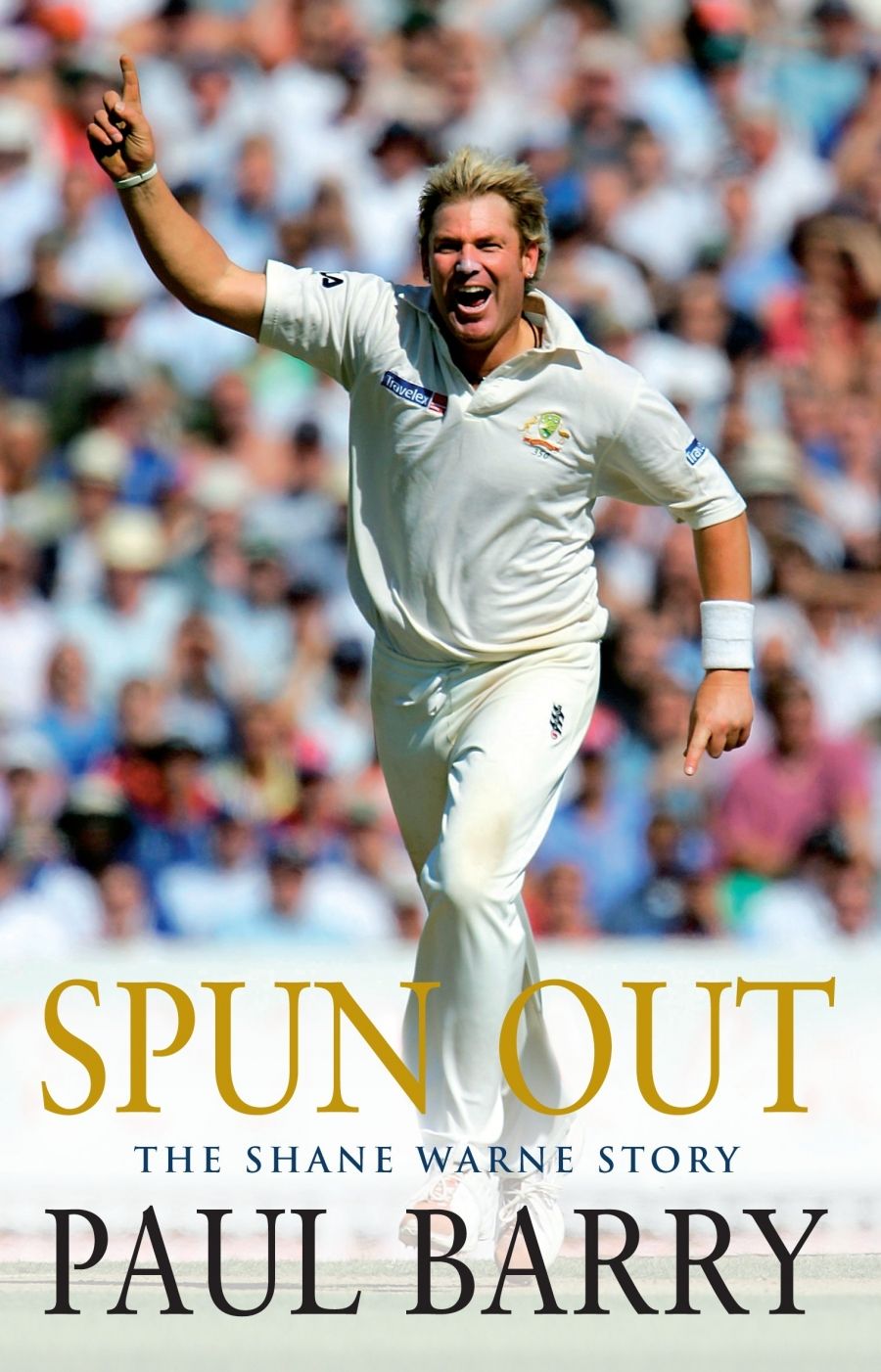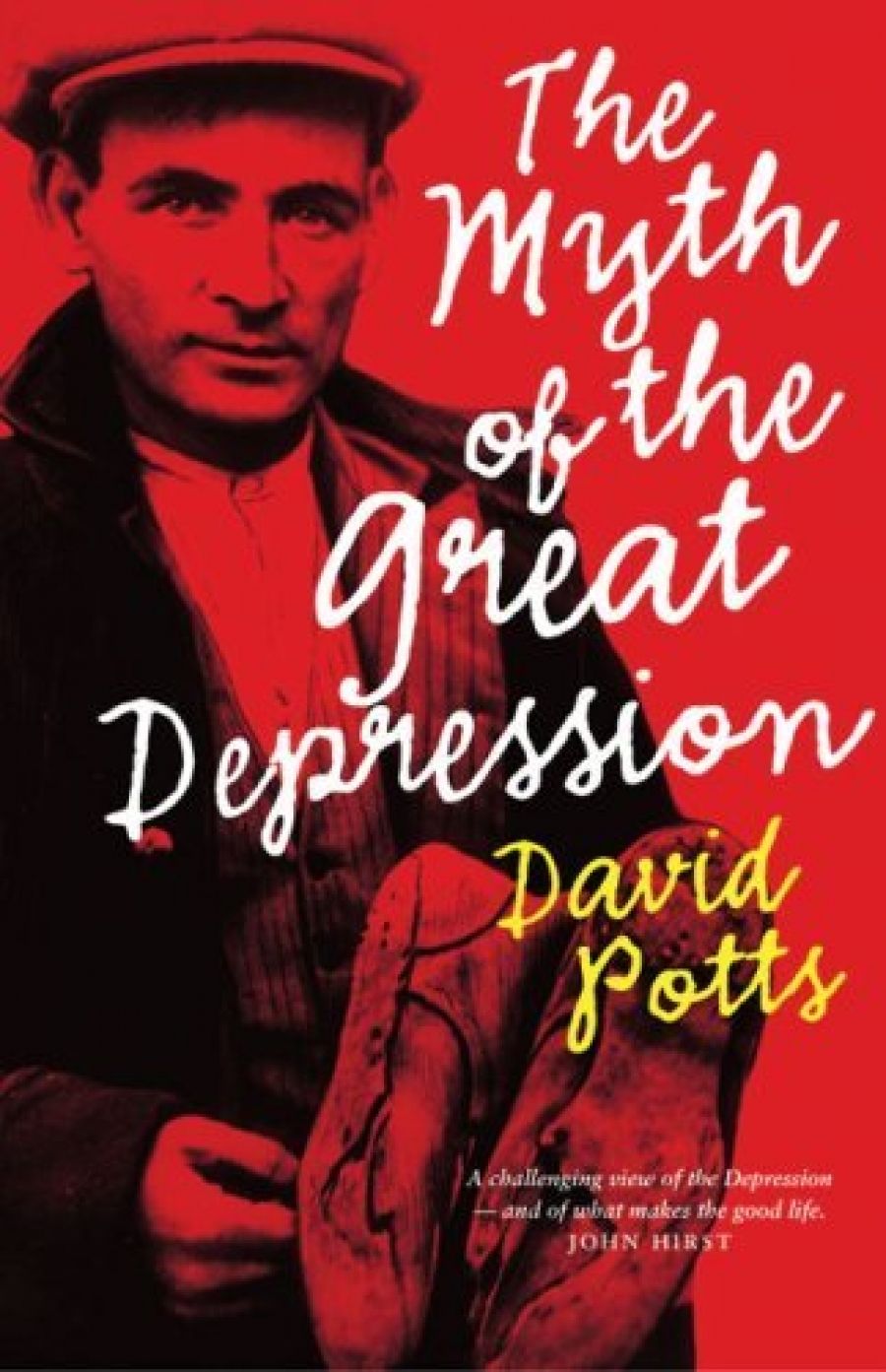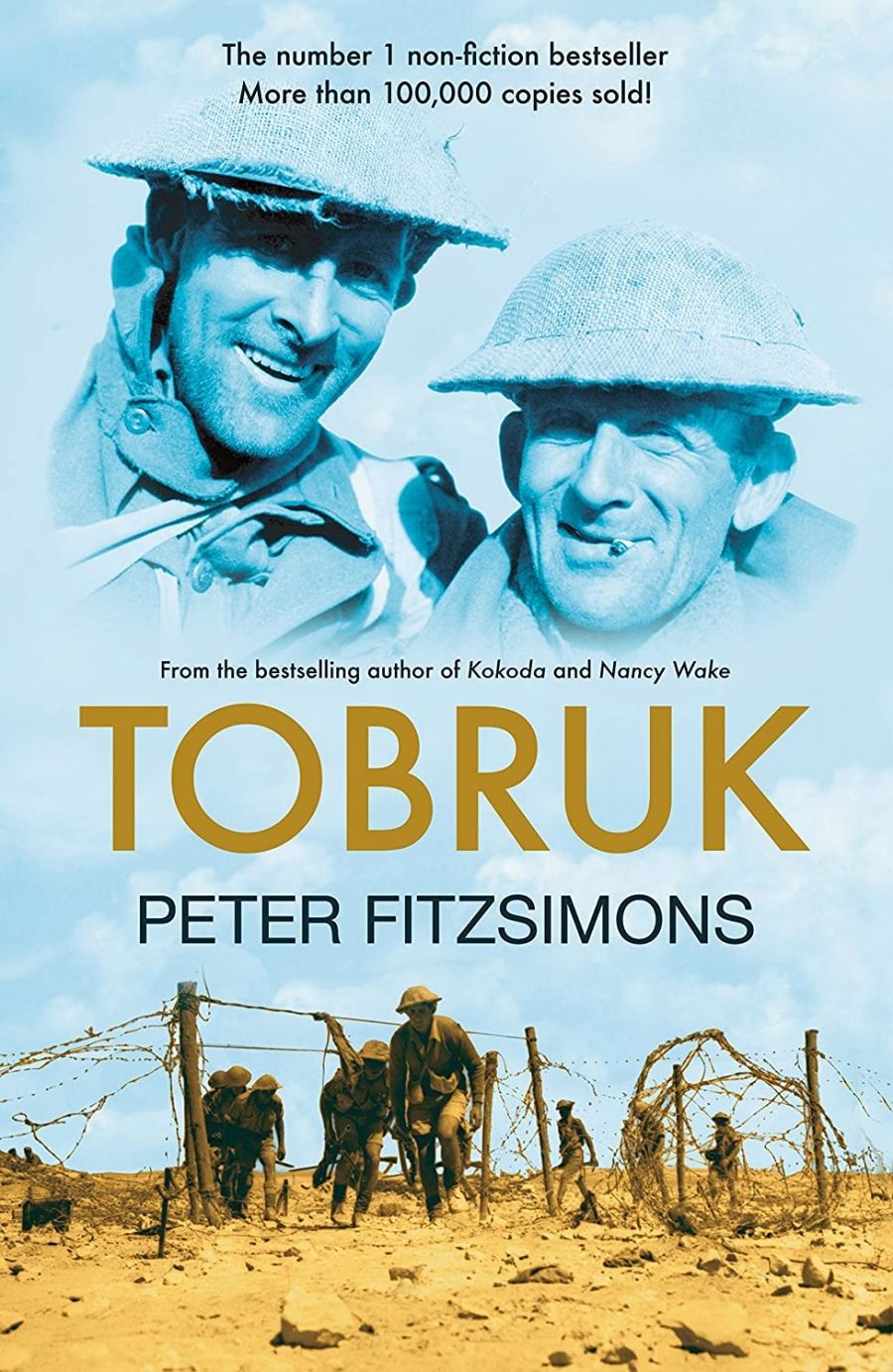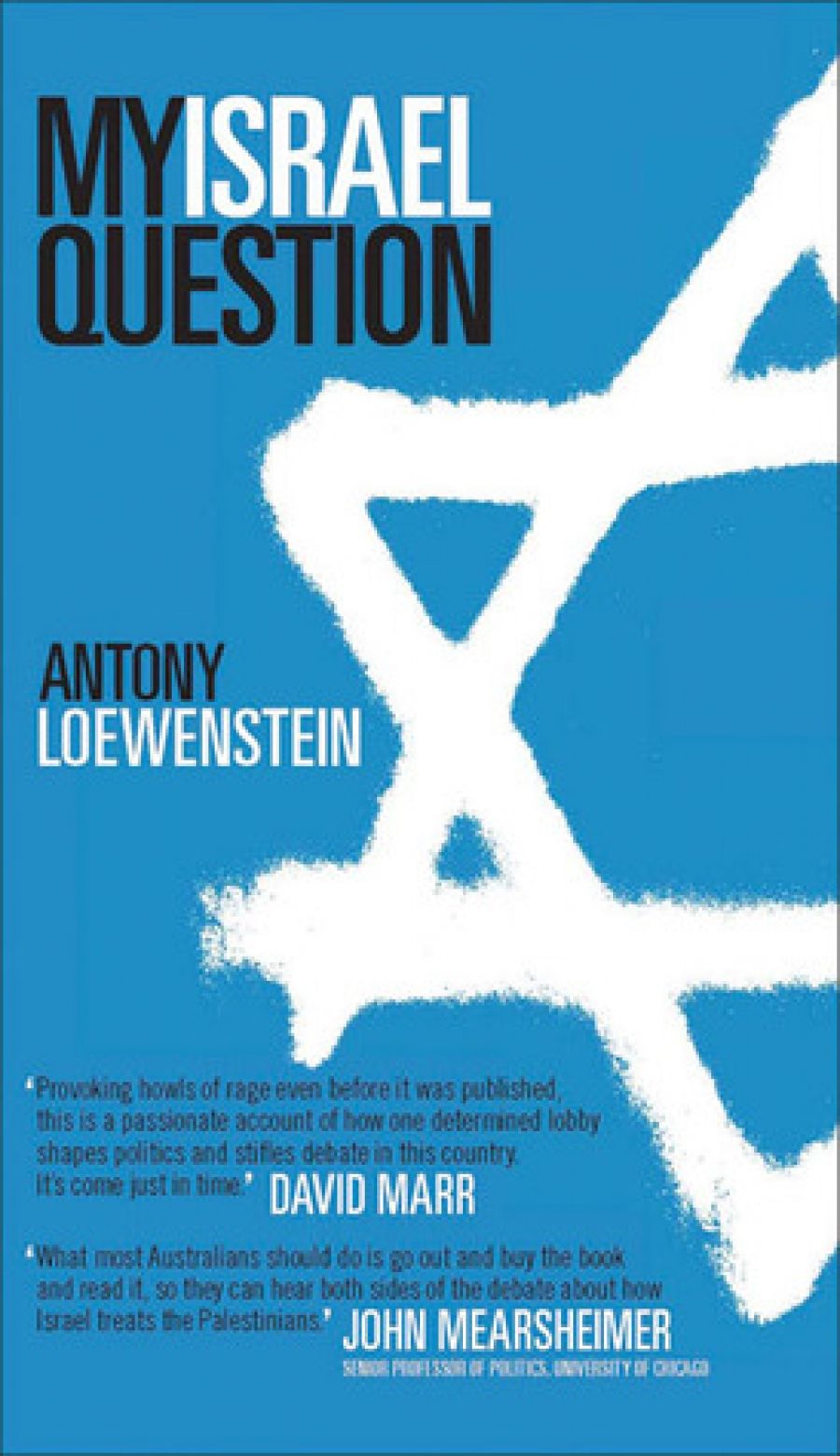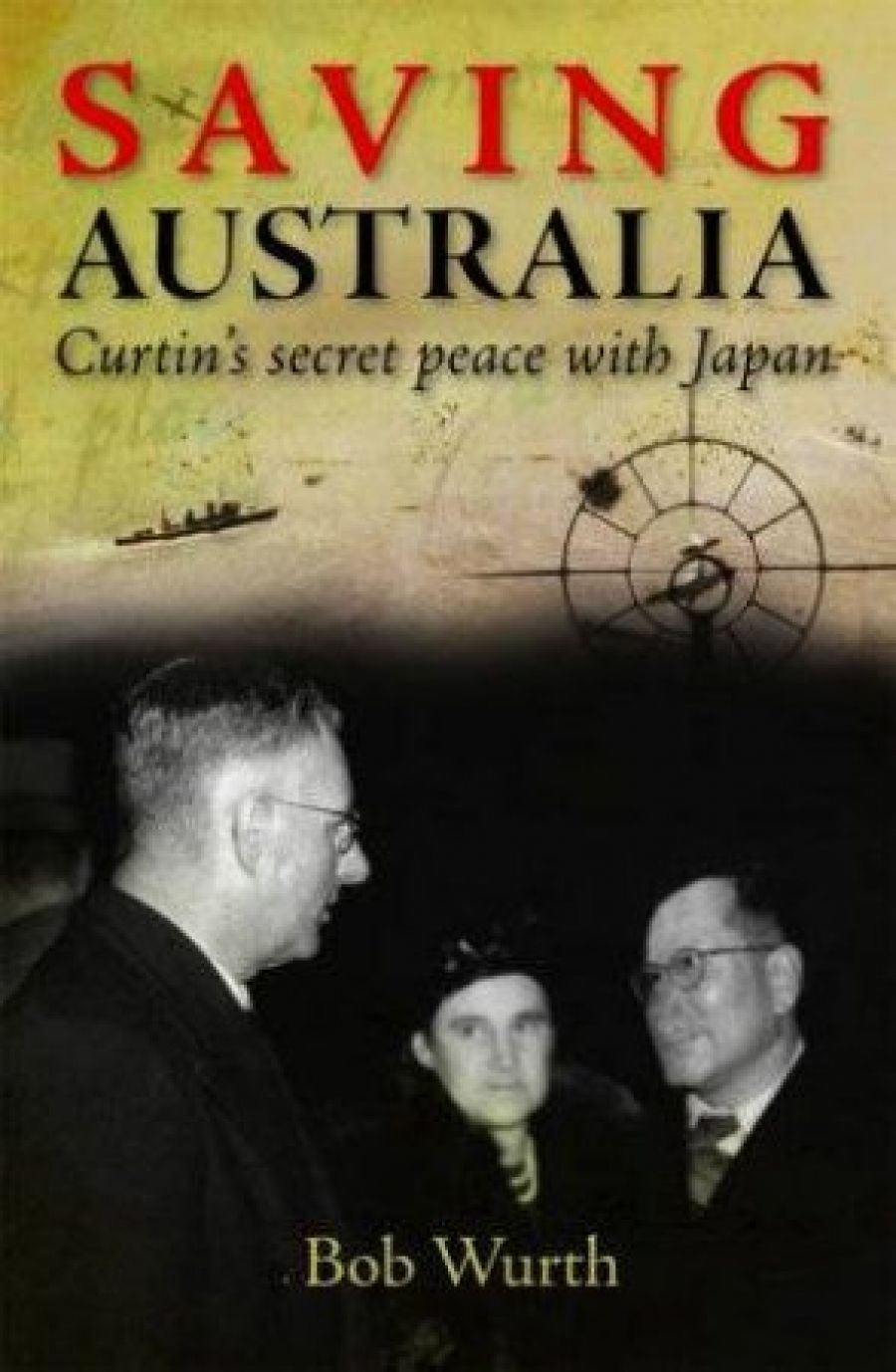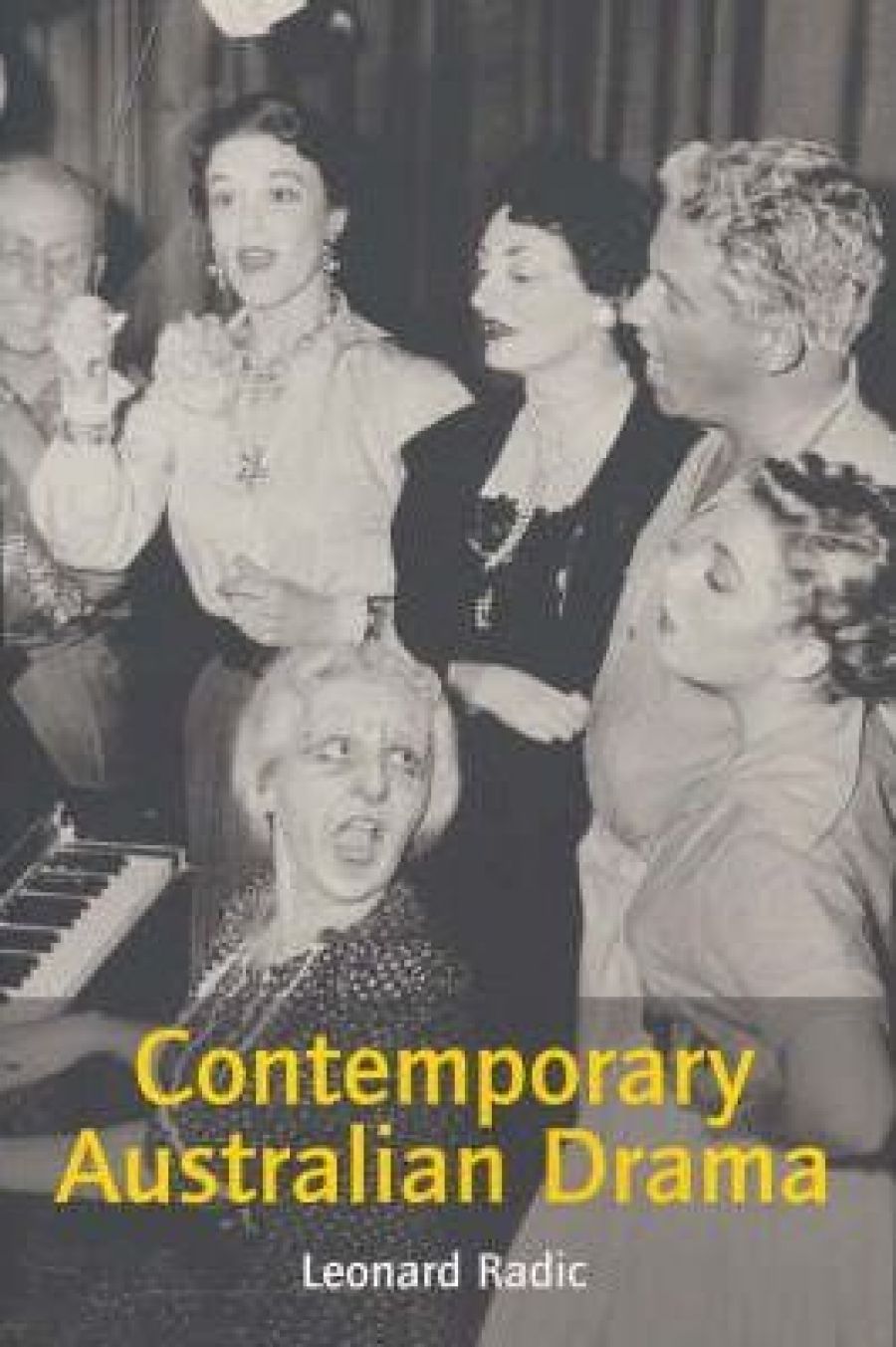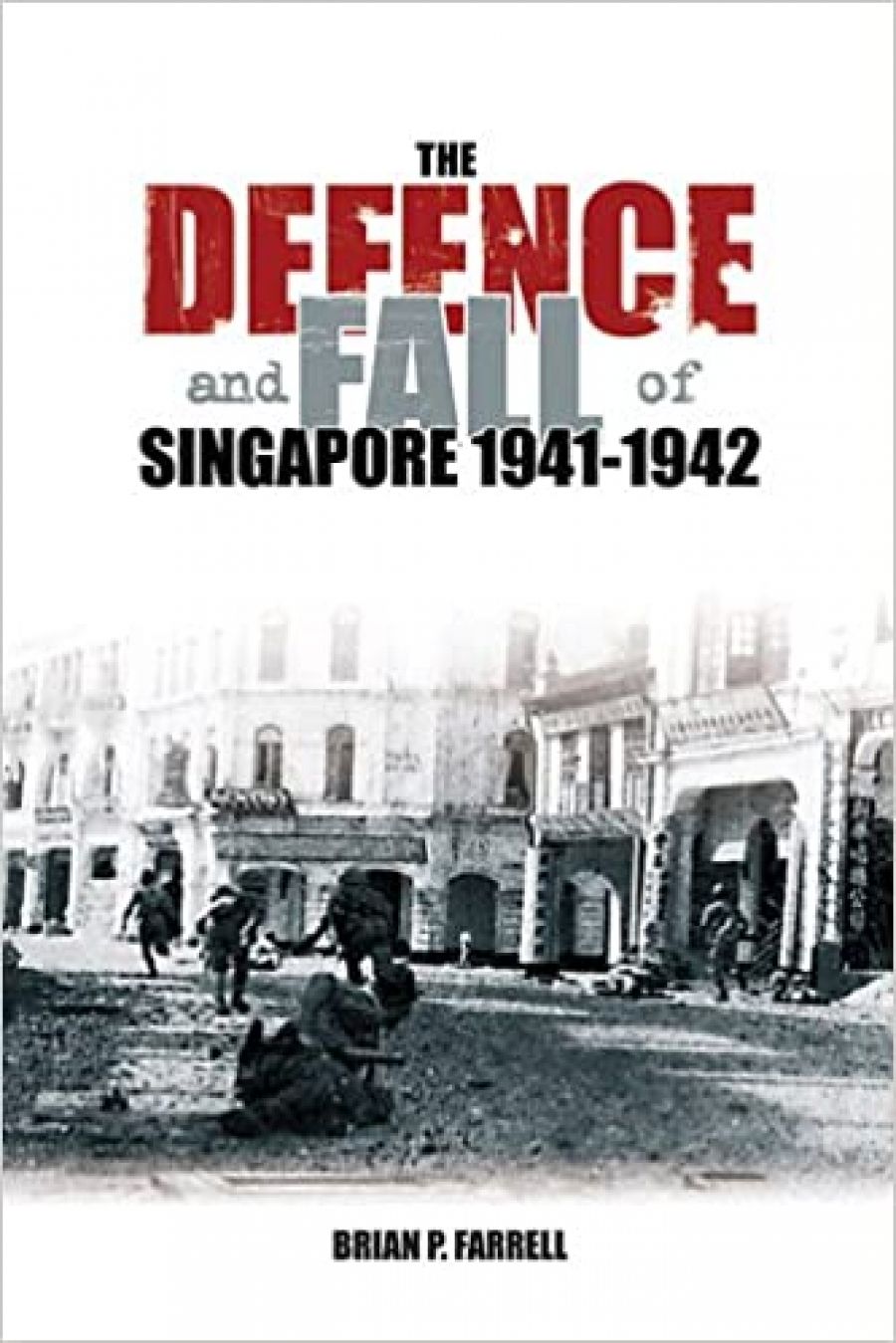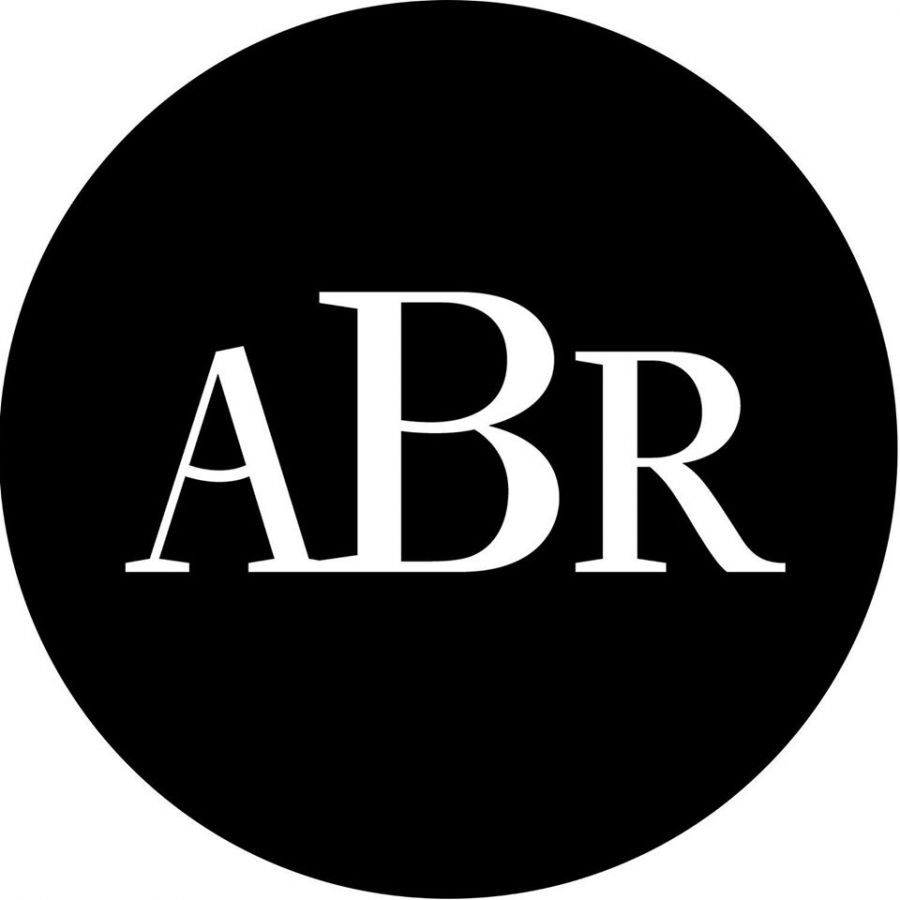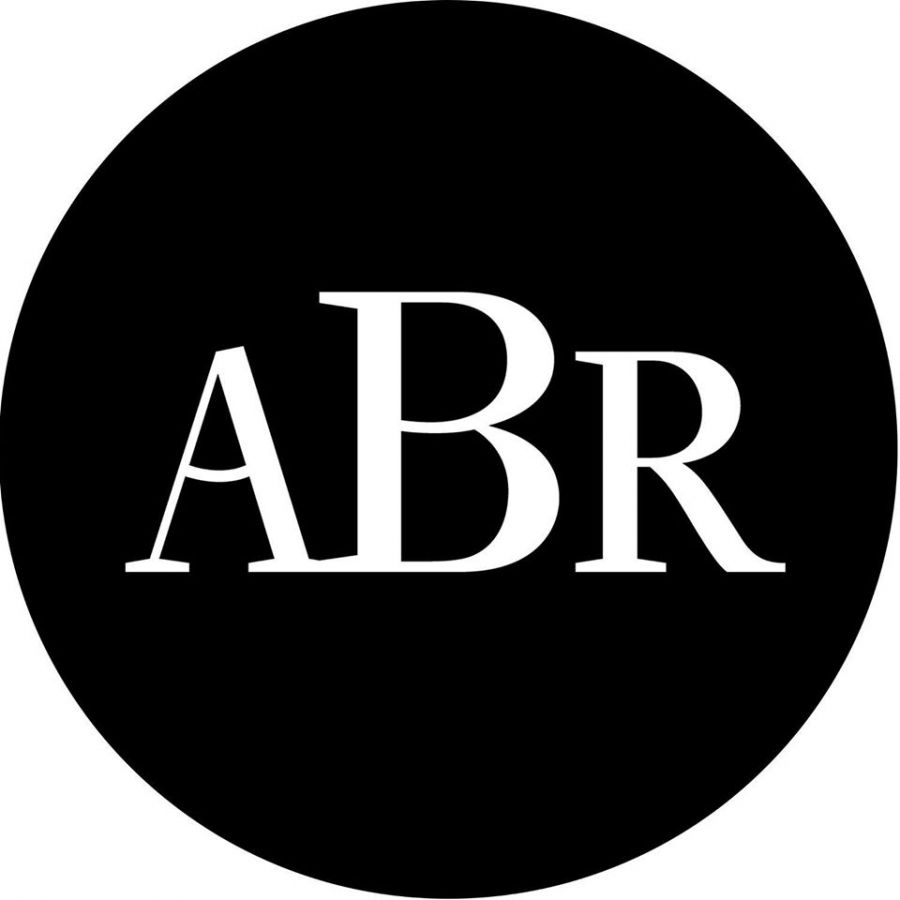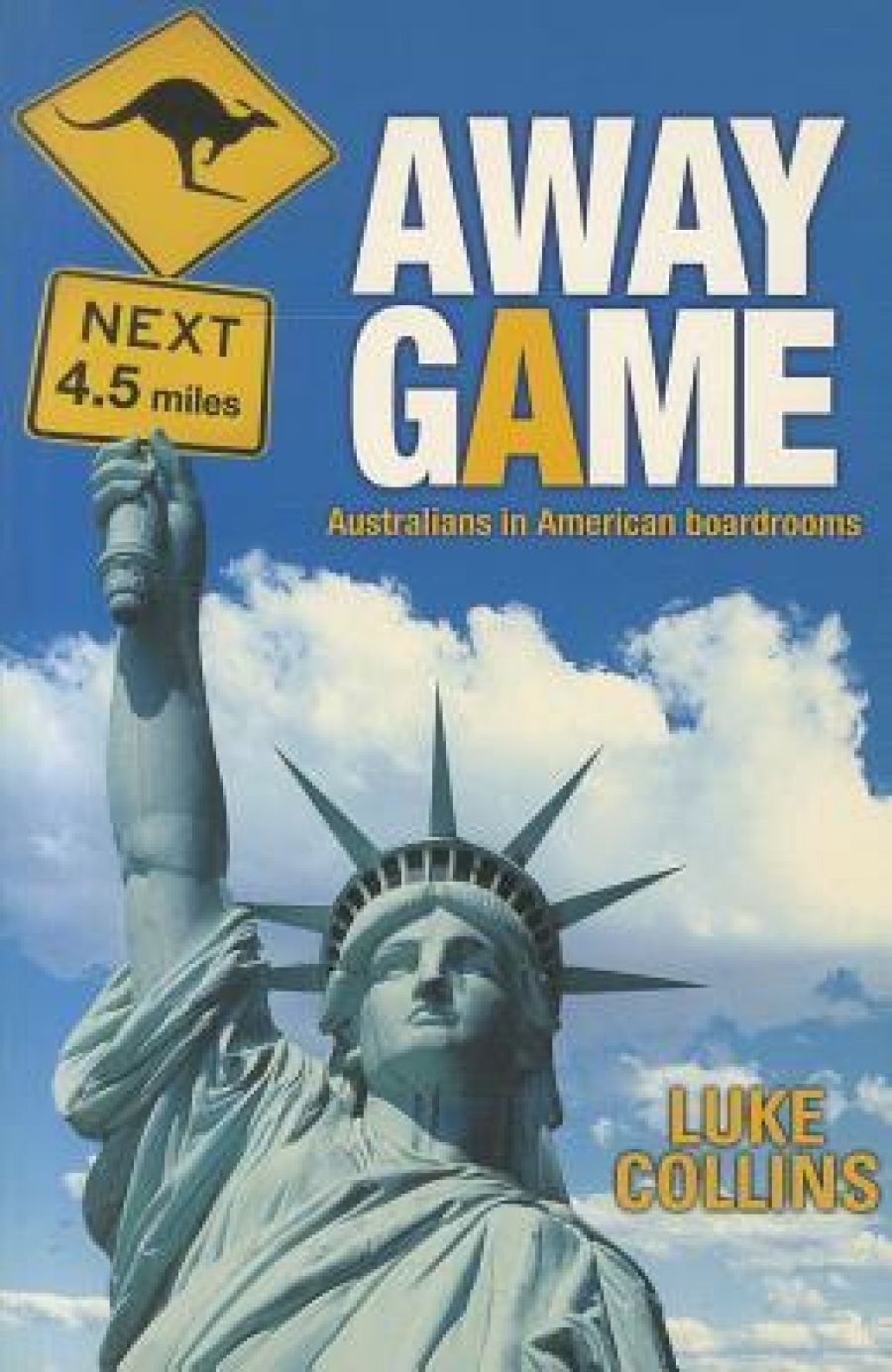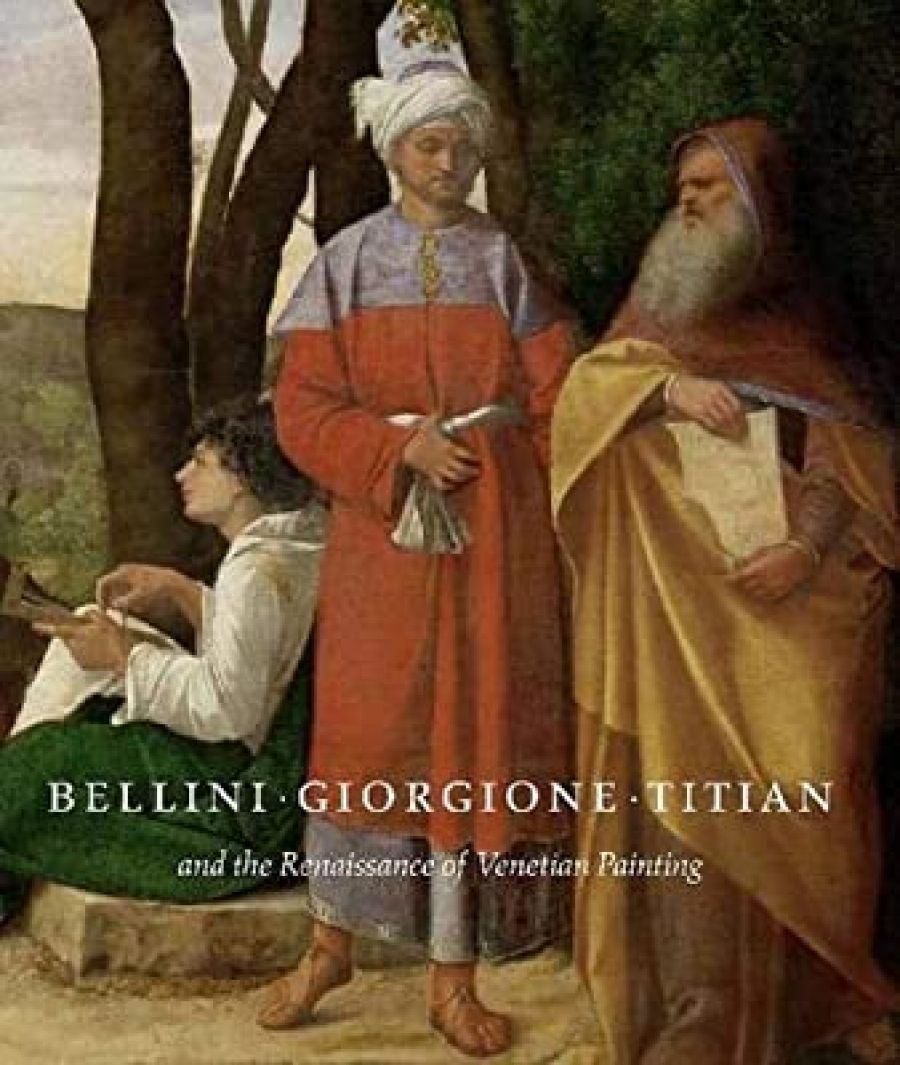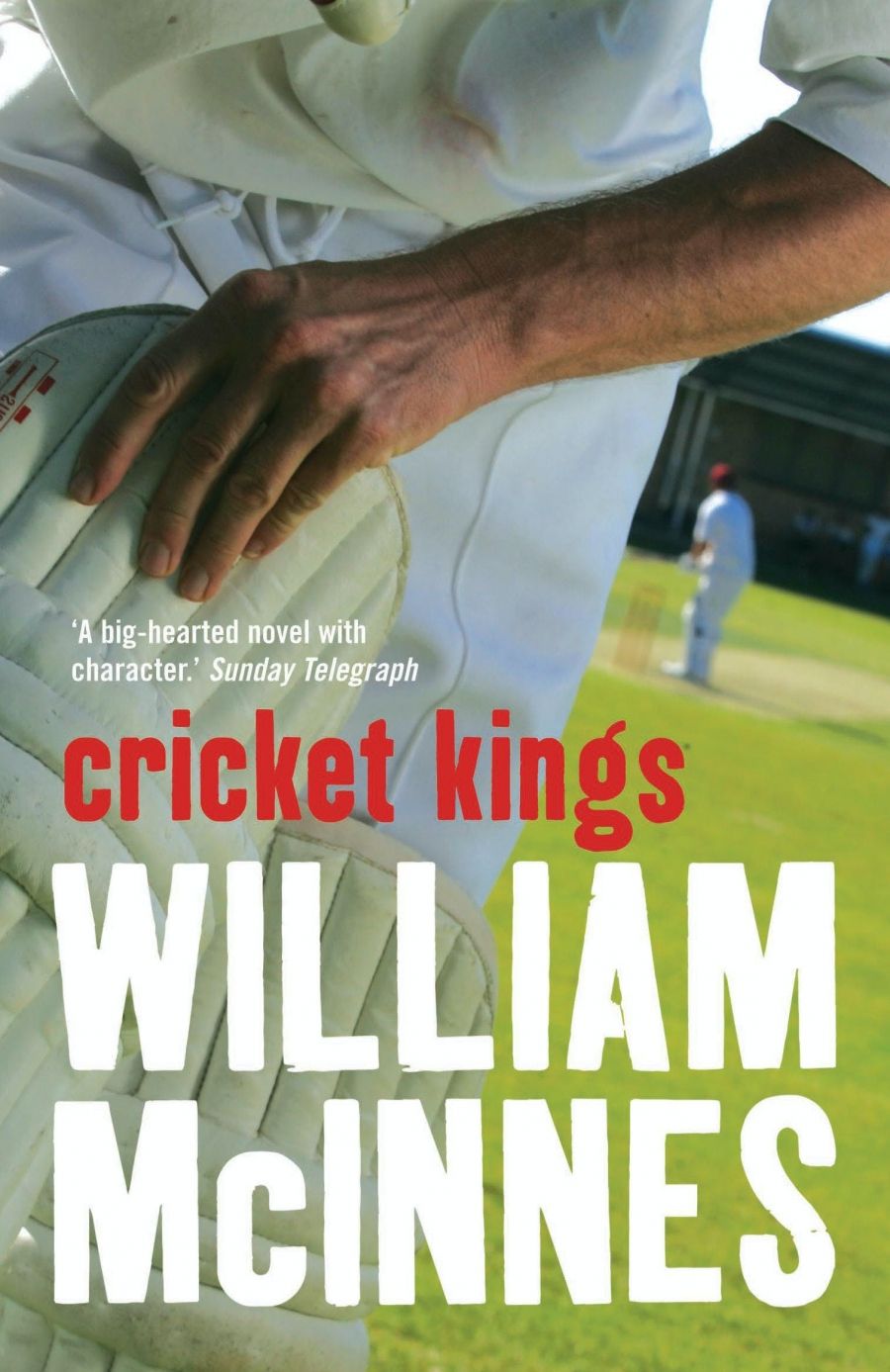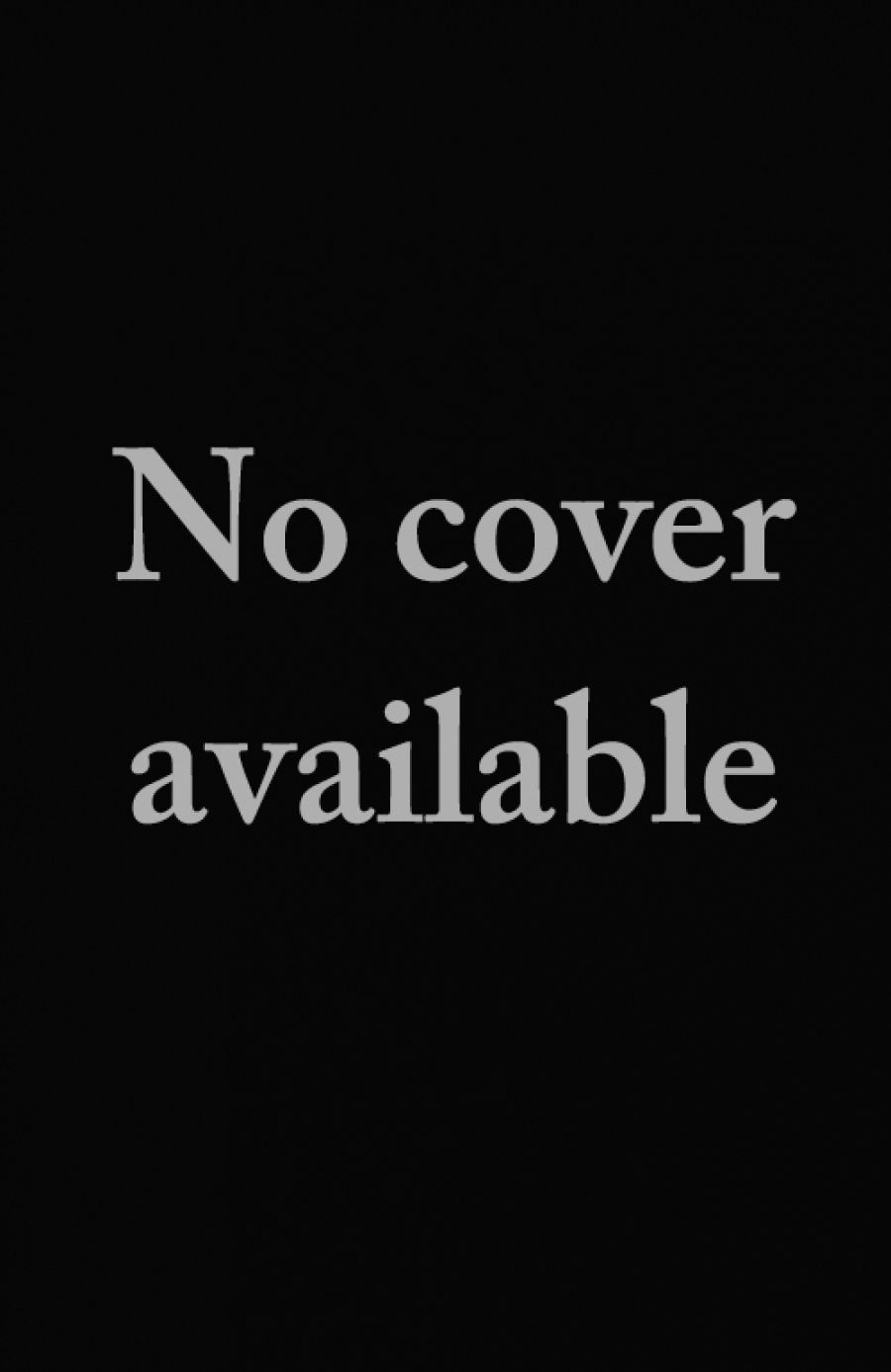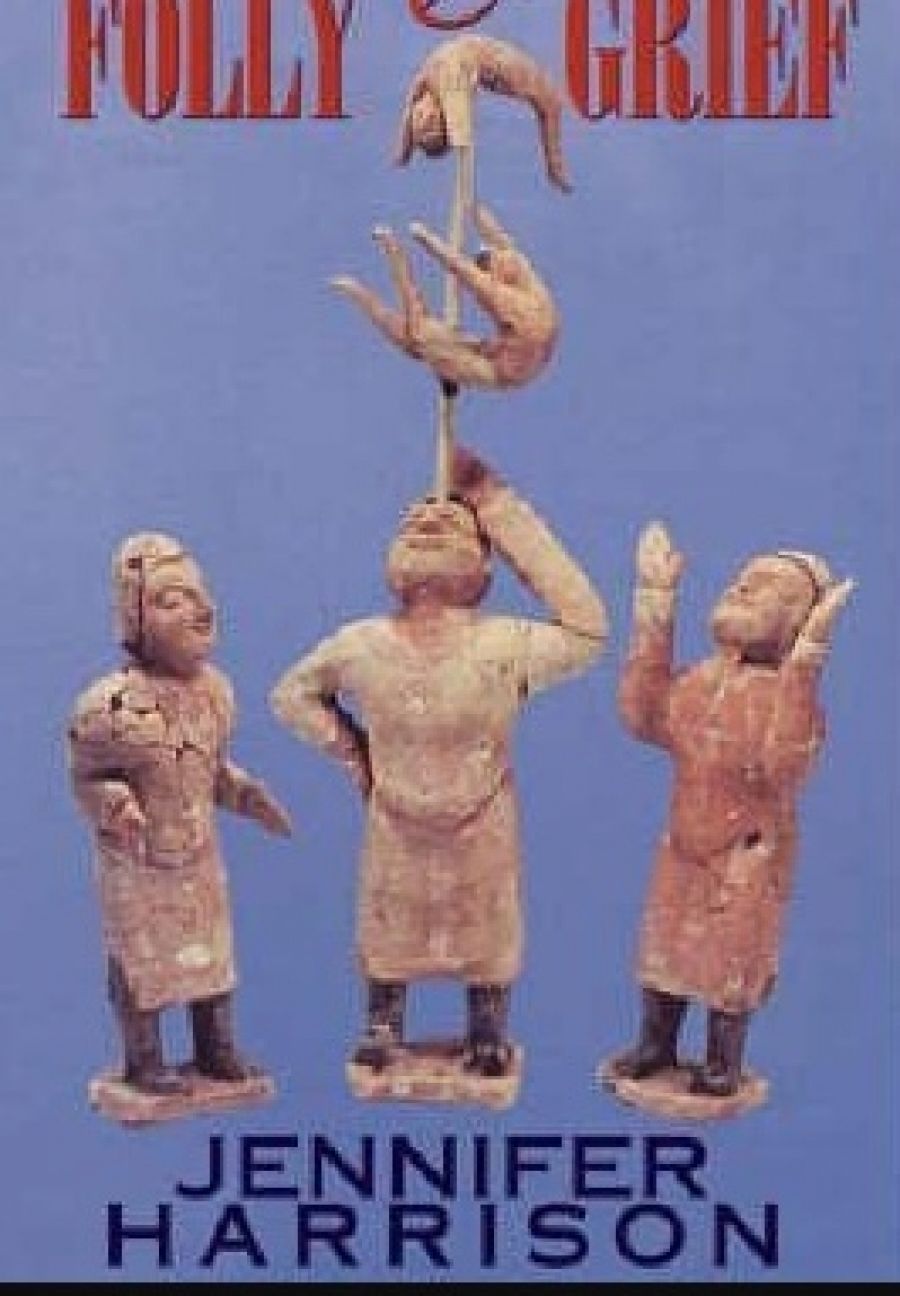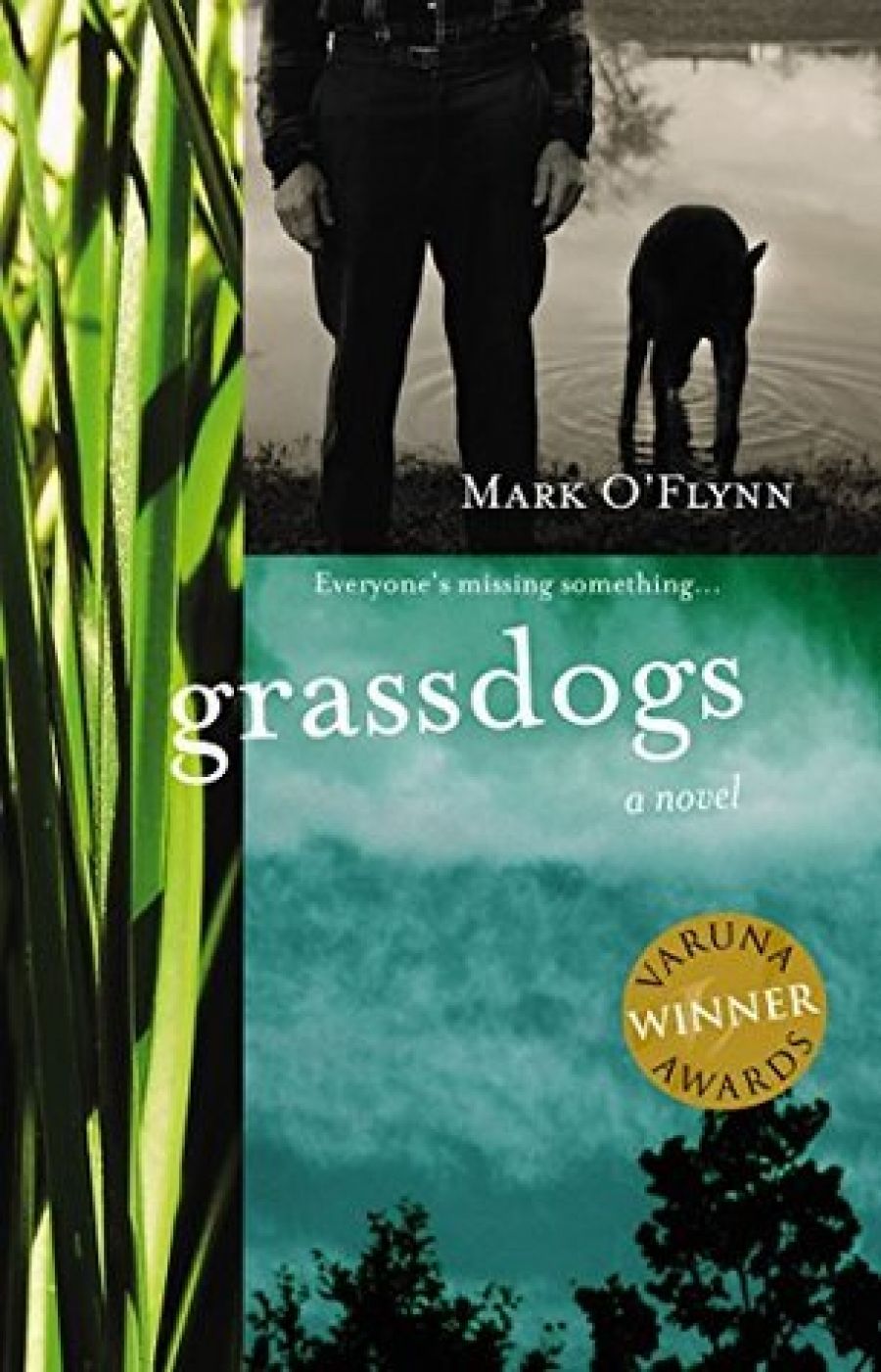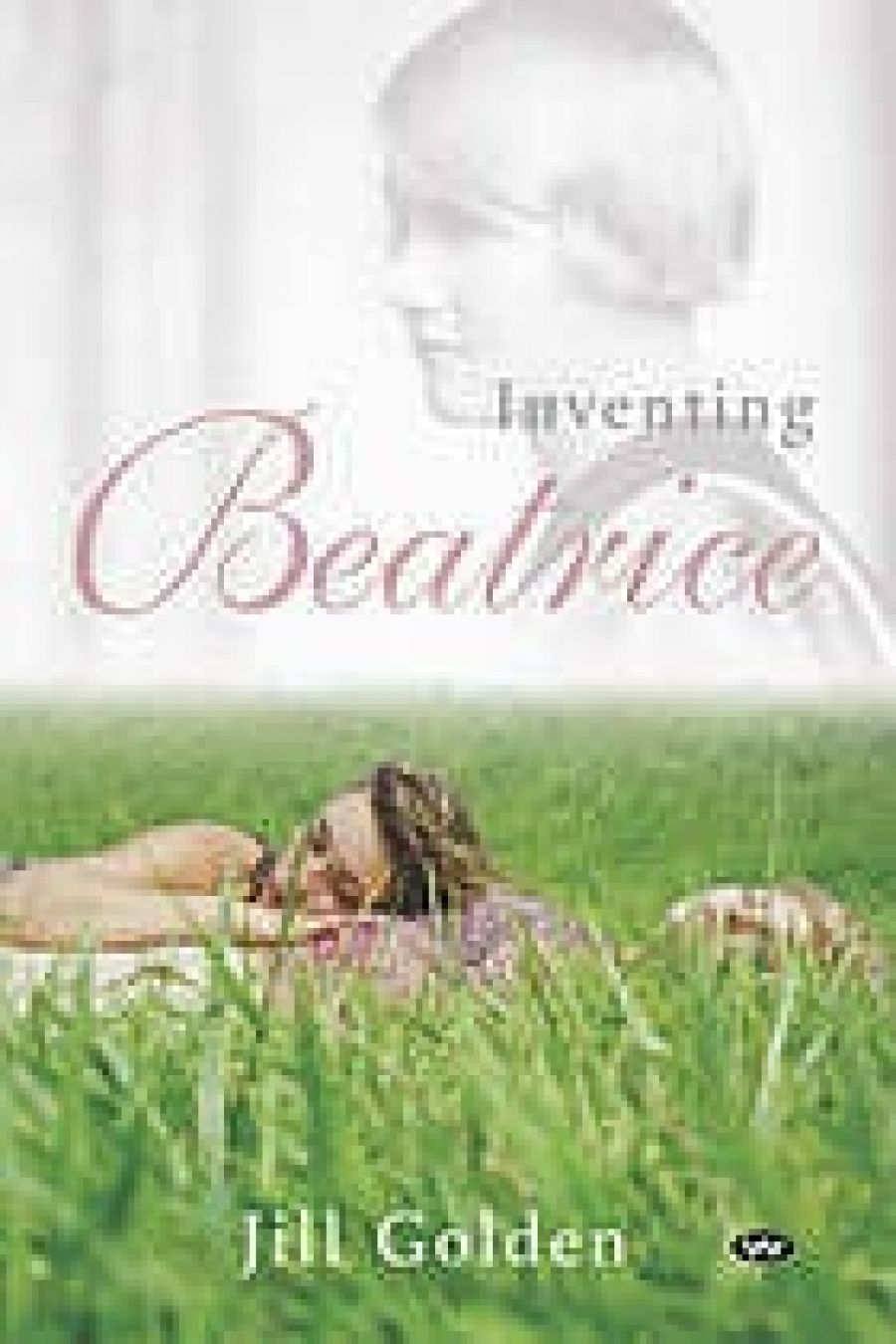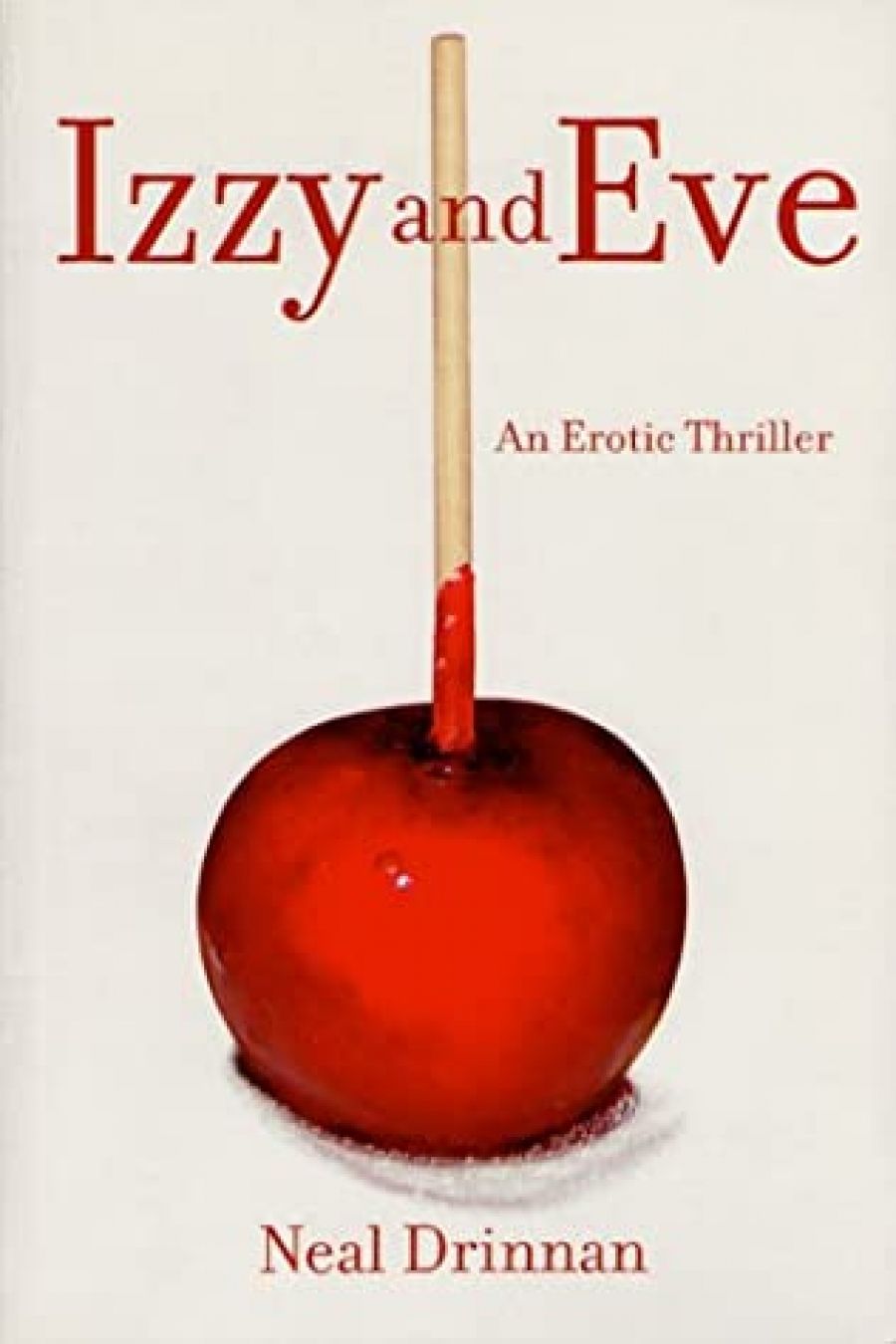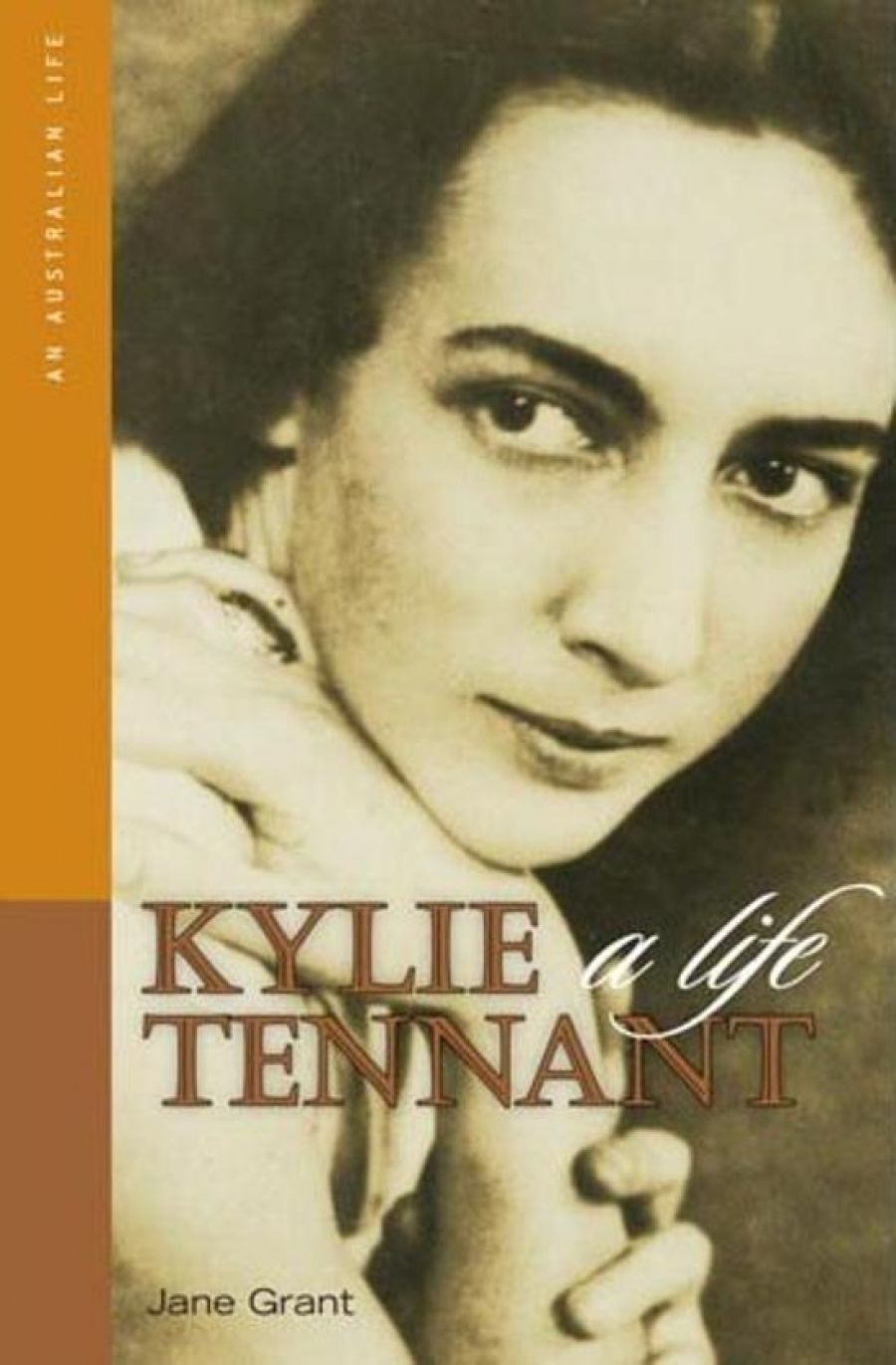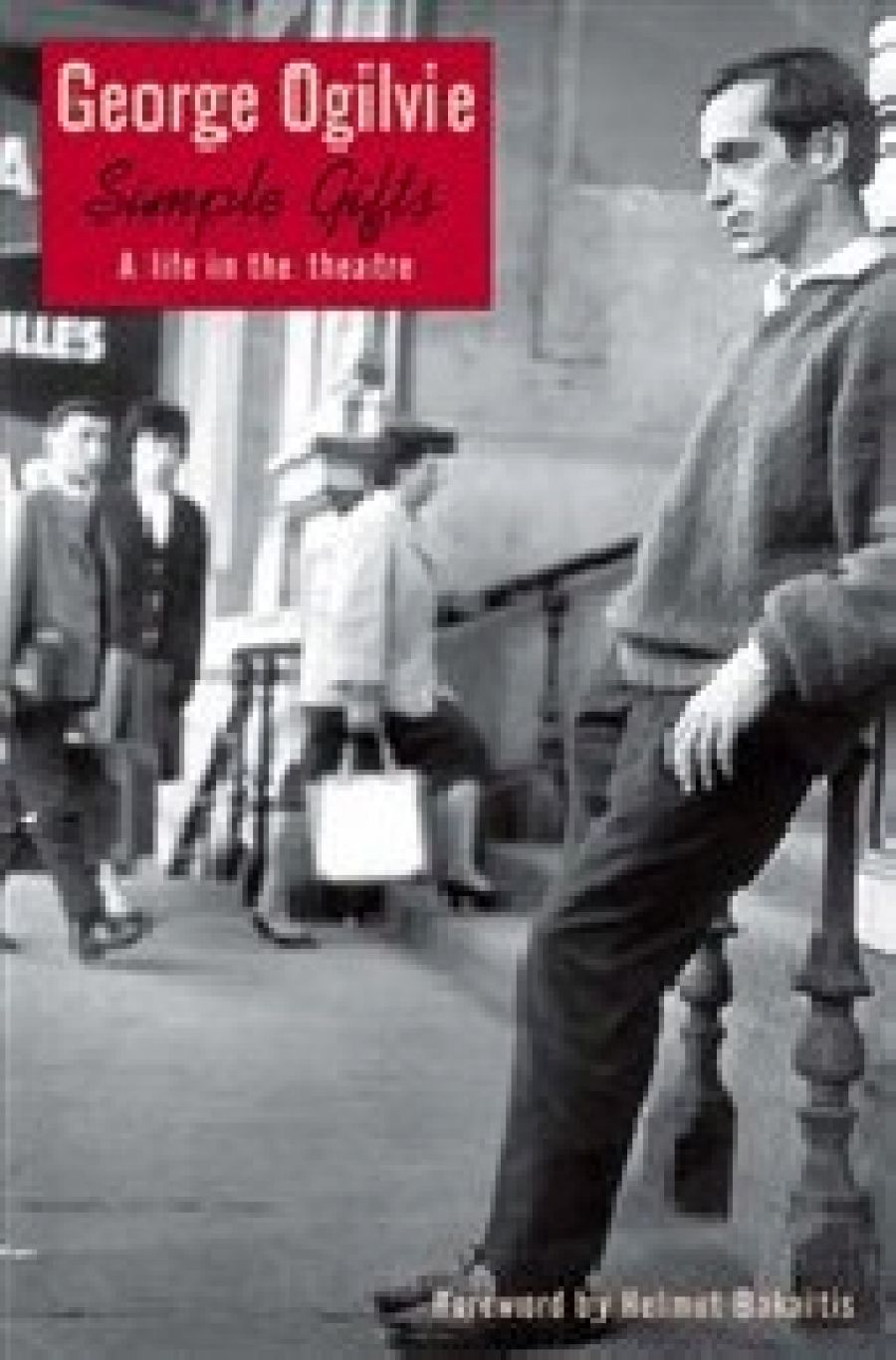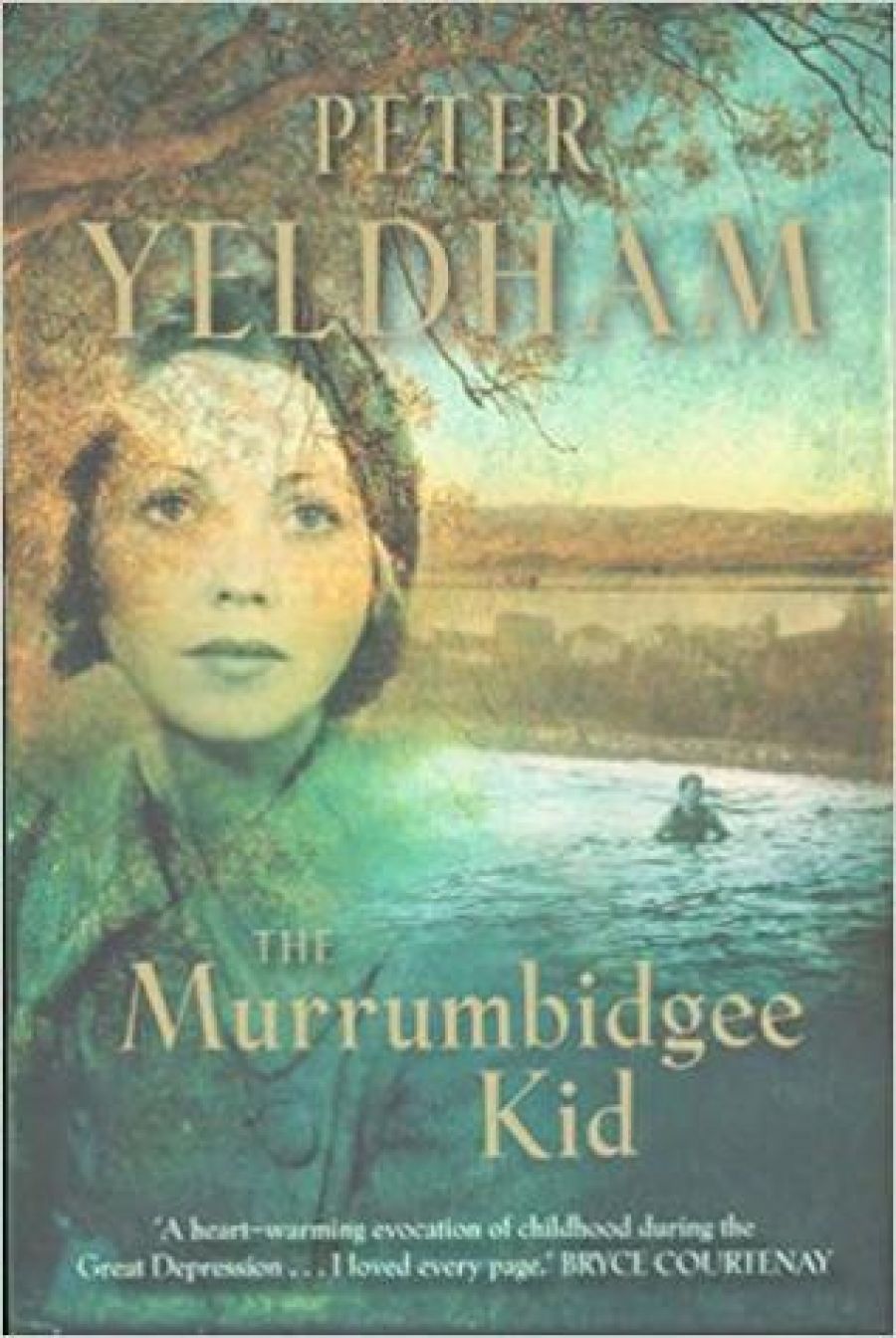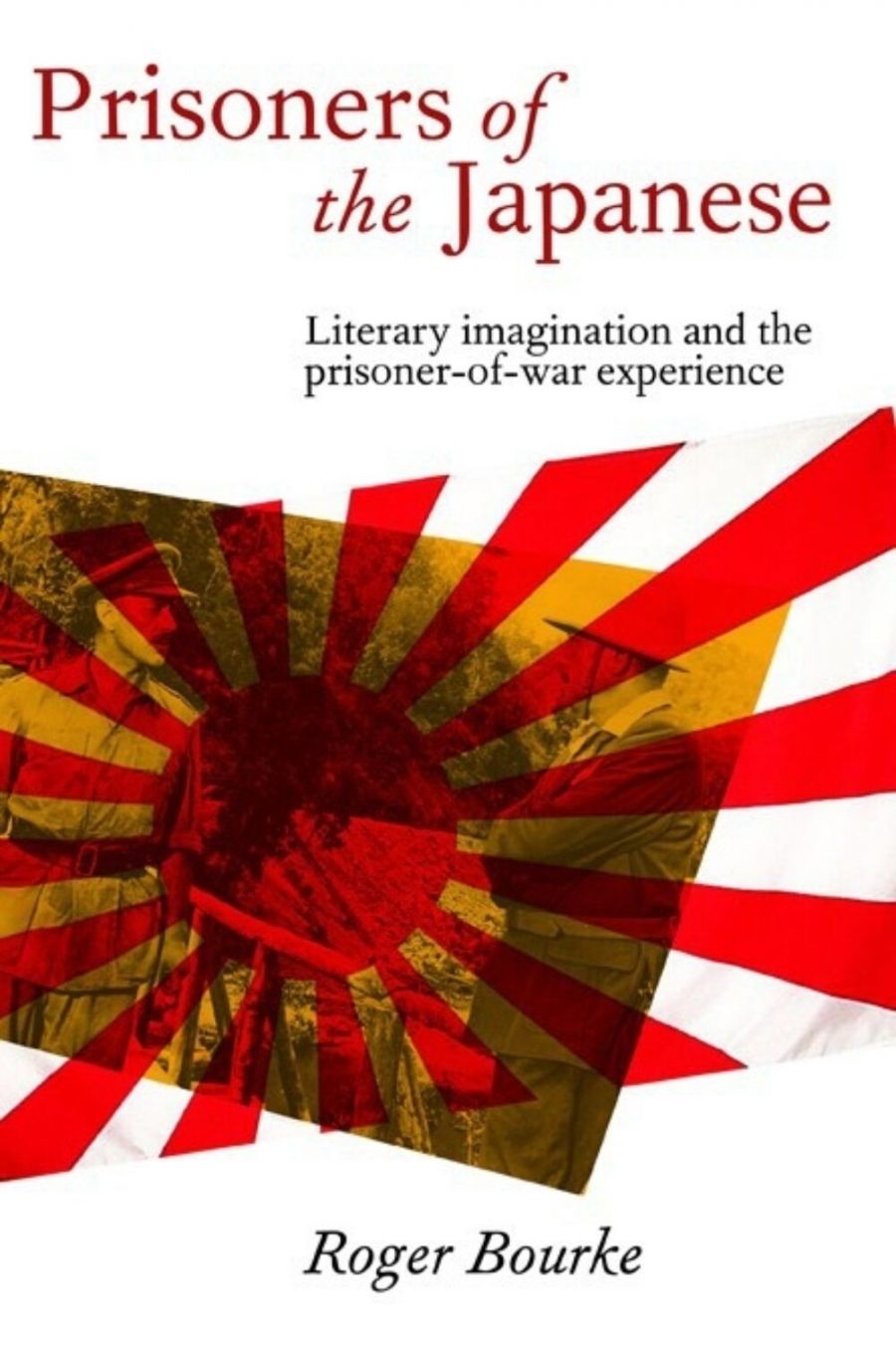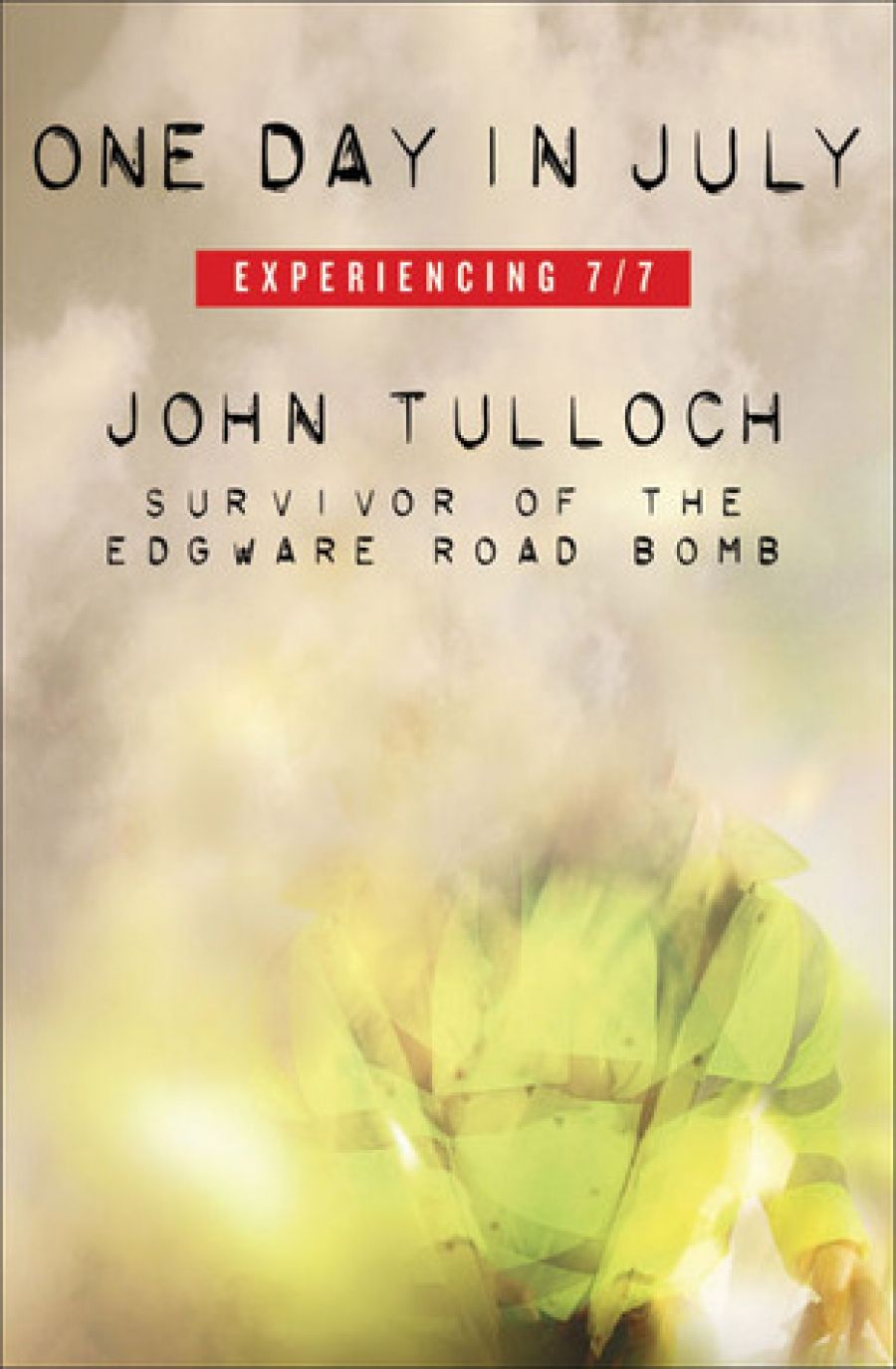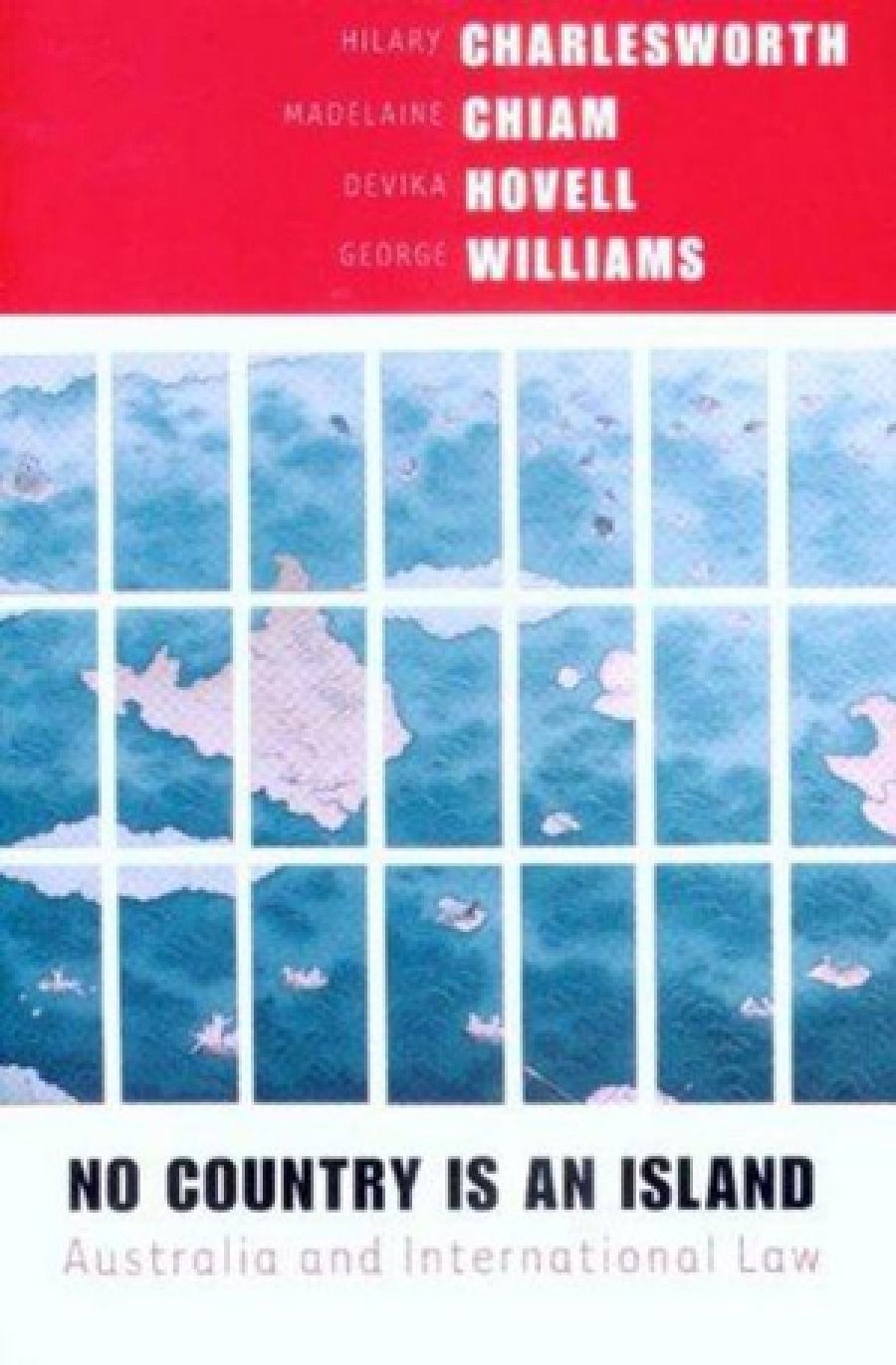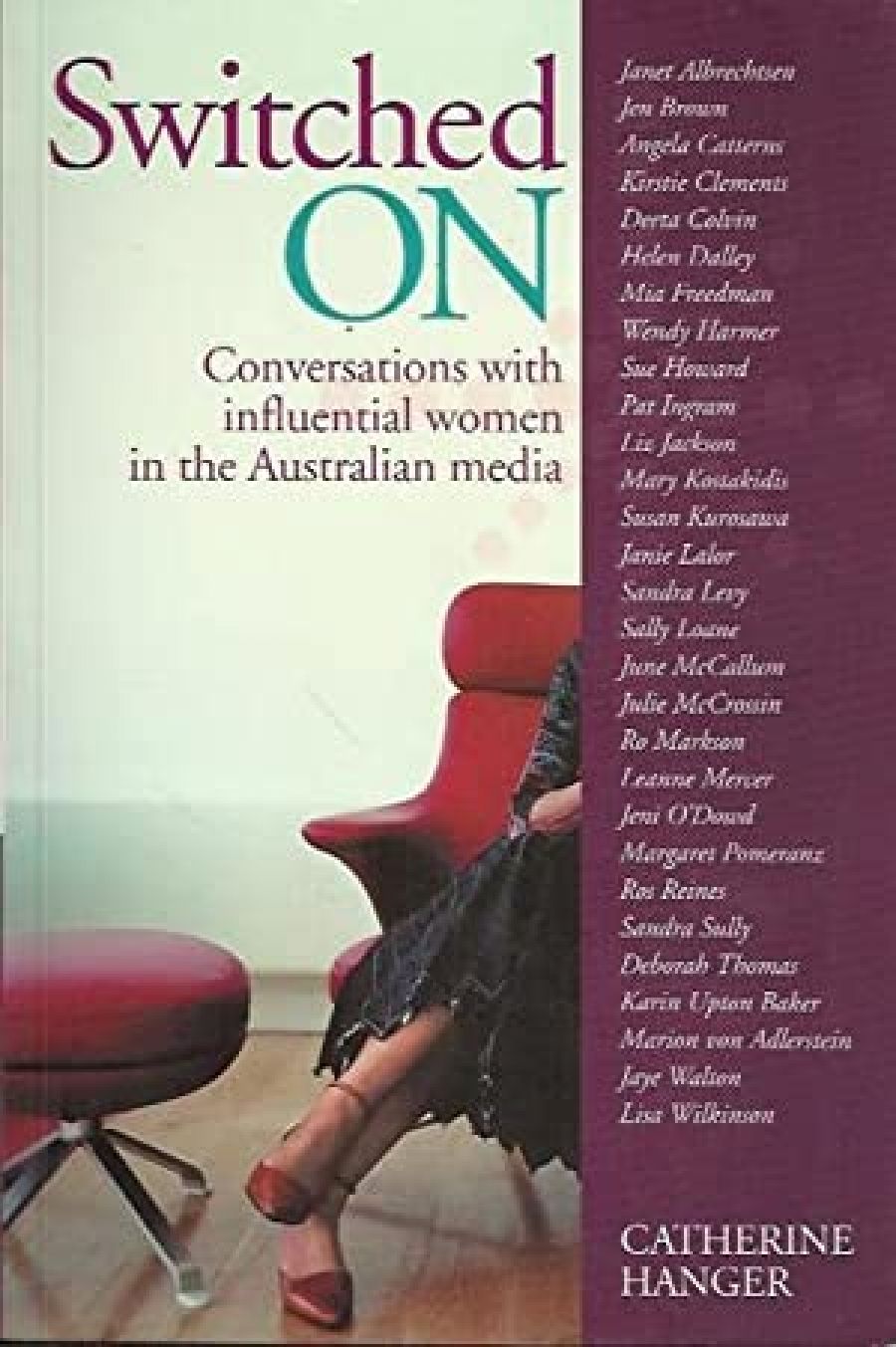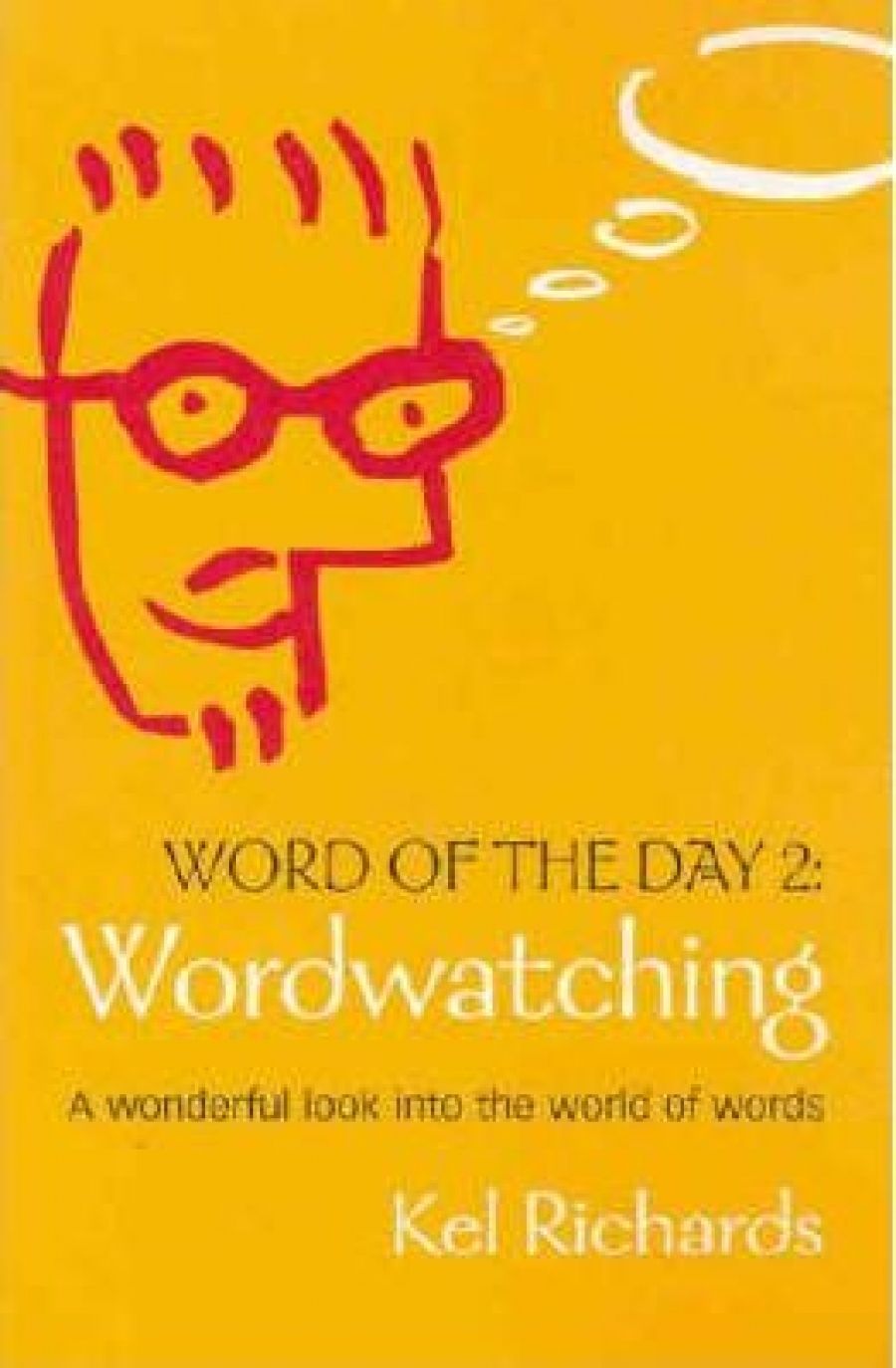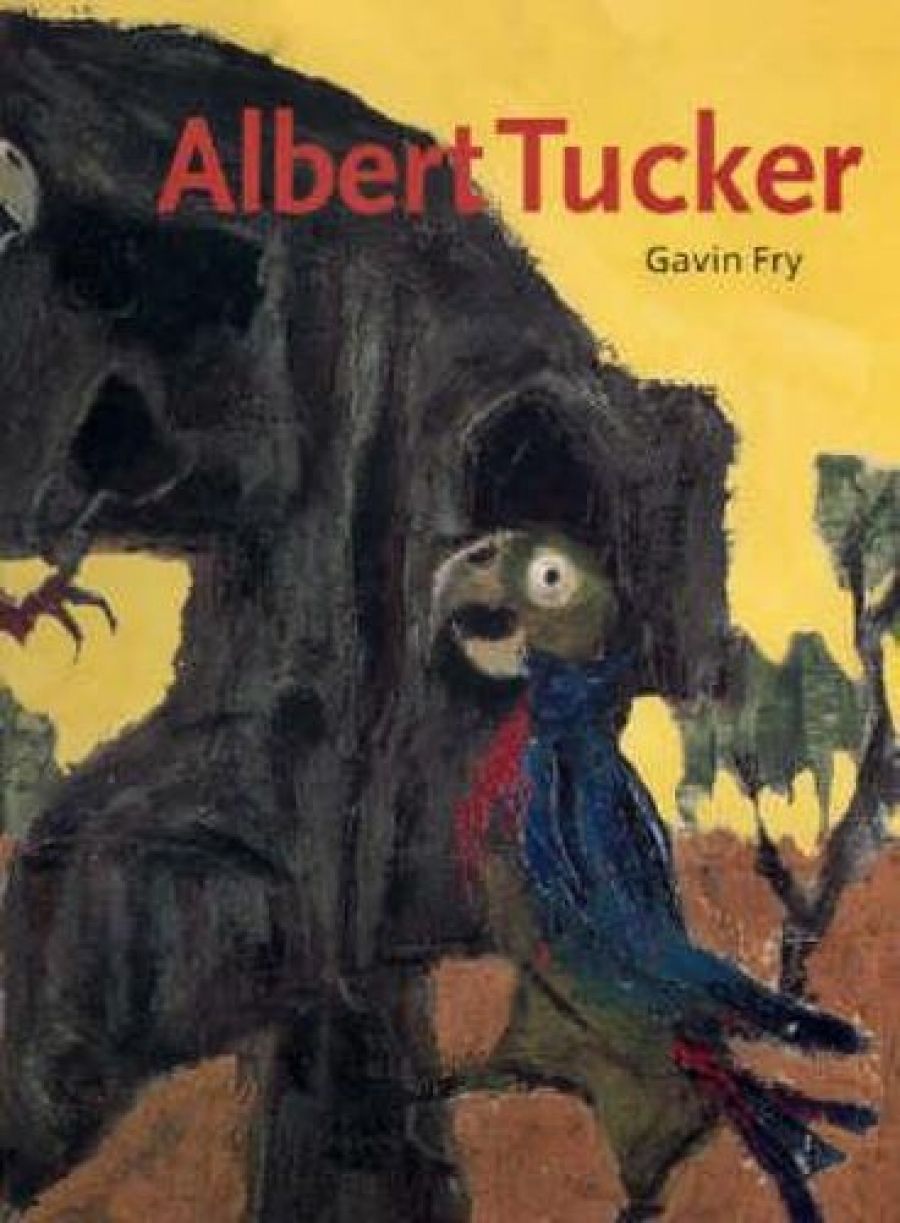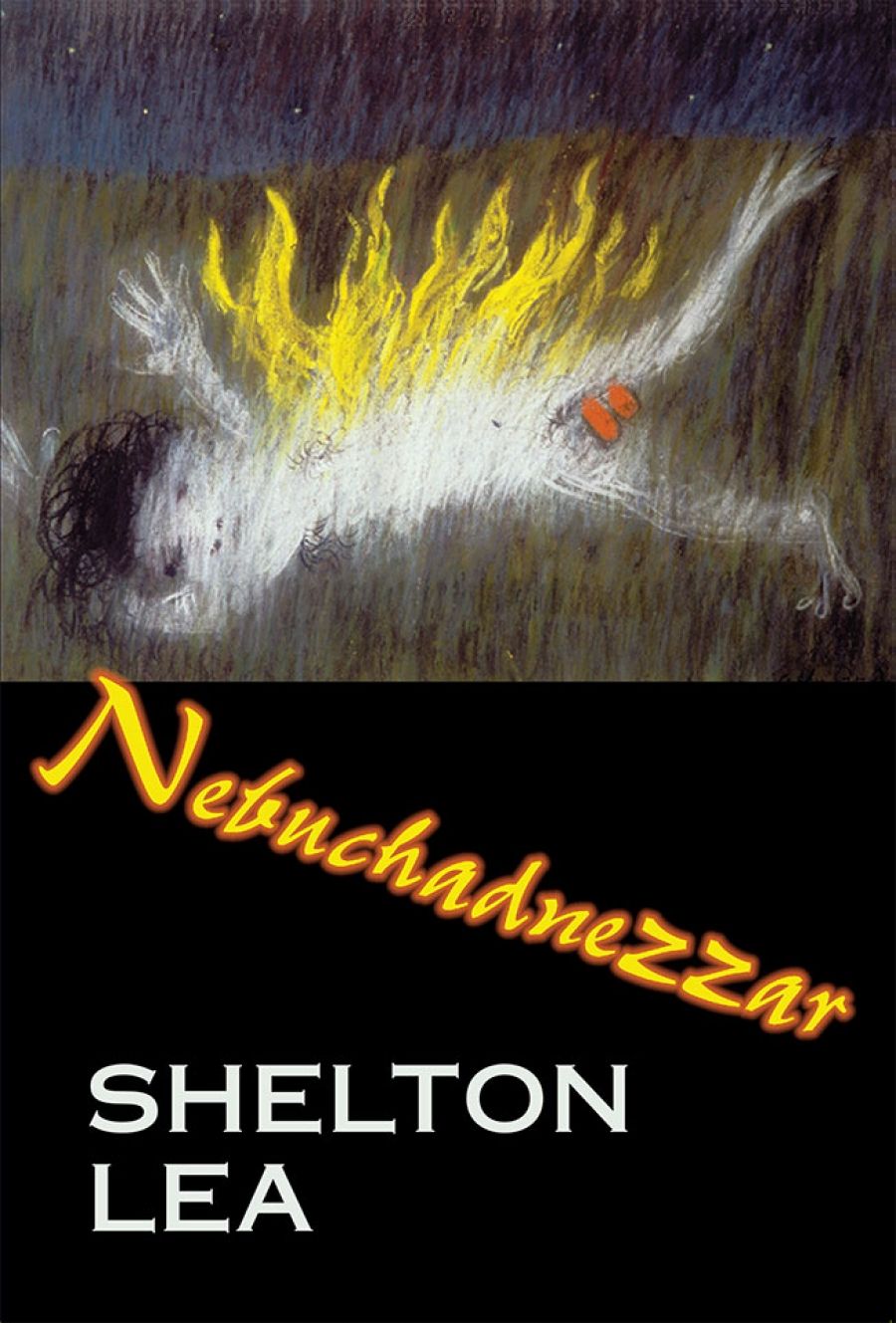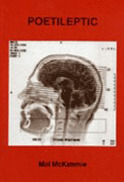John Kinsella’s new memoir, Fast, Loose Beginnings, may have been published by the august publishing house of Melbourne University Publishing, but it is nevertheless a garage-band of a book. It is, as its title signals, both fast and loose. Its rhythms aren’t always graceful, and its timbres aren’t always smooth. You can almost hear the hum of the amplifiers. The poet Jaya Savige, in his review of the book for the Sydney Morning Herald, commented on the book’s lack of polish.
The memoir is indeed unpolished, but few people complain that Nick Cave (or Elliot Smith or Björk or any other alternative-music darling) can’t hold a tune with great authority, or that bands such as The White Stripes can’t actually play their instruments with great skill. Such music does not lack style. Rather, its style is one of spirit, energy and – often enough – anger.
There is plenty of spirit and energy, and possibly some anger, in Fast, Loose Beginnings. The link with popular music operates thematically as well as stylistically. The narrative of Fast, Loose Beginnings is one of an artist’s (usually drug and alcohol-related) excesses giving way to a successful creative career. If Kinsella was a rock star, he could be telling his story on Parkinson. But Kinsella is a poet, and while he may not be about to appear on Parkinson, he has attracted plenty of attention, not just at home but also internationally. Indeed, where ‘home’ is for Kinsella might not be a simple matter, given that he now lives in England, the United States and Western Australia. Kinsella, though not yet in his mid-forties, has published more than thirty books. These have mostly been poetry, but he has also written fiction, theatrical works and an earlier memoir, Auto (2001).
Although not stated explicitly, Fast, Loose Beginnings picks up more or less from Auto, which is largely concerned with Kinsella’s early, pre-public life. Auto covers the author’s childhood in the wheat belt of Western Australia, as well as his experiences in Geraldton and Perth. It is an associative, free-wheeling work that is interested in the relationship between place, language, violence and memory.
What holds these themes together – both in Auto and the new book – is poetry. The subtitle of Fast, Loose Beginnings is ‘A Memoir of Intoxications’, and the intoxications referred to are as much poetic as they are drug-induced. Poetry is central to Kinsella’s avowedly obsessive personality (‘this is really a book about obsessions’). But where poetry is a ‘magic circle’ in Auto, here it is a world associated with institutions, power, public figures and publication. As Kinsella writes, ‘literary lives’ can only be lived within such a world. Consequently, there are many stories in the memoir about attending literary festivals, editing journals and working in universities.
Kinsella’s response to this world is one of ambivalence. He writes that Fast, Loose Beginnings is a ‘work about making sense of a world I distrust and often dislike but feel compelled to be a part of’. In this respect, Fast, Loose Beginnings is a self-portrait, but what we learn about Kinsella is mostly refracted through his portraits of others (though there are also comments that illuminate his own poetry, such as, ‘It struck me that to be a poet you had to be a scientist – or a forester – as well’). The others in this work are mostly poets, and they are people whom Kinsella has known and worked with. Some (such as Dorothy Hewett, Les Murray, Robert Adamson, Anthony Lawrence, and John Forbes) are Australian. Others (such as Michael Hulse, Sean O’Brien, Jeremy Prynne, Lyn Hejinian, and Sharon Olds) are not. Some (such as Jacques Derrida, Harold Bloom, and George Steiner) are critics.
Anyone interested in poetry and criticism will no doubt find this list of names impressive. Kinsella writes with a strange mix of directness and obliquity about these people. Whether or not one agrees with Kinsella’s angle on his peers and mentors (or even his decision to write about them), there is no doubt that this collection of portraits has a compelling quality. It was impossible not to race through this work, just as it races across time and place. The accounts of the Australian poets are the ones that seem most invested with emotional weight, which is probably not surprising, given that most of these accounts deal with Kinsella’s early career. In the best of the portraits, one gets a sense that Kinsella is offering us something new about his subjects. He has interesting things to say about Les Murray, Australia’s de facto ‘national poet’. Concerning Murray’s weight, Kinsella writes, ‘Why are people so concerned with Les’s looks? It is worth checking out his eyes some time; they retreat deep into his head but look far off into the distance.’
As this suggests, Kinsella is not interested in flattery. It should be remembered that he doesn’t present himself in a flattering light. Regardless of this, writing about the living can be a dangerous pursuit. This is something that Kinsella himself recognises, but it is also observable in the reaction engendered by Kinsella’s memoir. As has been reported in the press, the poets Anthony Lawrence and Robert Adamson have sent Kinsella emails that he considered threatening. The emails, as Lawrence’s and Adamson’s public comments make clear, were in response to what they saw as a defamatory book. In August, Kinsella went to court in Perth and took out a restraining order against the two poets. He then cancelled his appearance at the Byron Bay Writers’ Festival. This led, inevitably, to stories in the press about ‘poetry wars’, with predictably facetious headlines (‘War, blood, courts: It’s poets at arms’). When, in early September, Kinsella made an incident-free appearance at the Melbourne Writers’ Festival, it was reported in The Age (‘All quiet on Kinsella front as poetry saves the day’). It is not hard to see what made Adamson and Lawrence unhappy. Adamson appears only briefly in the book, but his cameo appearances present him as out of it, and raving about Bob Dylan and the abyss. As caricature (which is what it plainly is), it is quite funny, if inevitably discourteous to its subject. The representation of Lawrence, dealing with the failed friendship, is longer and profoundly ambivalent. Kinsella recounts some of his exploits with Lawrence when the poets were younger (which the press has presented along the lines of ‘wild drug-fuelled parties’).
It is difficult to write about Fast, Loose Beginnings with-out reference to the scandal that briefly surrounded it, but the argument between the writers is not one that I wish to broach. What is interesting in this context is the way in which the work has been read and responded to. Some of the emails sent to Kinsella have been quoted in the press. According to Angela Bennie’s report in the Sydney Morning Herald, one of the emails poetically reads: ‘Deep Regret is the name of an ocean they’ve found, five miles under the ice at Antarctica. You’re about to enter it. Are you ready?’
What is intriguing about the book and its reception is the way in which it raises anxieties about the status of literature. Indeed, the memoir makes us ask the question, ‘What is literature?’ Is life writing ever simply ‘literary’? Using proper names, biography trades in the dangerous space between text and world. There are many responses one can have to a fictional work, but one cannot, for instance, argue that Shakespeare defames Hamlet. (Although Shakespeare’s contemporaries, such as Elizabeth I, were profoundly attuned to the ways in which fictional worlds could critique, satirise and deride real worlds.) As Kinsella writes, in the world of poetry ‘nothing says exactly what it seems to say. Anything is possible.’
There are two responses to a text like Kinsella’s: a legal one or a literary one. Significantly, both responses occur in the public domain. Lawrence’s and Adamson’s email response did not occur in the public domain. The poets’ reaction to the news of the court order was that Kinsella had taken their emails too seriously, that they were simply jokes, parodies of Kinsella’s style. What is notable about the email response – such as we can determine from what has been reported – is that it takes the form of a literary response (using all the rhetorical and metaphorical energy open to lyric poetry), but it is not presented in the public domain.
Literature, as we understand it, is a public discourse, however private (or ambiguous) the message. In other words, the publication (of a review, an essay, a poem) that refutes Kinsella’s text would be normative both in literary and legal terms. The emails of Lawrence and Adamson are definitively ambiguous in terms of their status. Are the emails serious or are they jesting? Are they a game or are they threatening?
Interestingly, Kinsella’s memoir is both highly attuned to the effects of pain and emotional violence, and uncompromising in its stance with regard to the author’s right to write as he sees things. A mixture of belligerence and psychic frailty seems to be relevant to a number of Kinsella’s subjects. Towards the end of the work, Kinsella writes that ‘Truth is dangerous, not life-enhancing’. He speaks with some authority, though it is a characteristically disarming assertion, given the truth-telling nature of the book.
For these reasons, I would say that Fast, Loose Beginnings is a powerfully strange book. In particular, the potential for emotional danger (both for the author and his readers) seems to be a central feature of this strangeness. This is not to suggest that the work is merely strange. Overwhelmingly, this is a work of great energy and enthusiasm. One of the most telling of Kinsella’s digressive comments is when he writes that as a youth he was violently bullied for being an enthusiast: ‘My defining characteristic then and now is enthusiasm.’
Not surprisingly, given the ambiguous response (past and present) to the author’s enthusiasm, this is a book that shifts between engagement and disengagement. Kinsella presents his memories as authoritative and then declares that ‘Biography lies’. He recognises poetry as a compulsion and a necessity, and also as a form of futility. His mix of directness and obliquity applies to what he has to say about himself, as well as others.
The sense of engagement and disengagement applies more broadly, too, since the structure of the work mimics the movement of a private self engaging and disengaging with the wider world. The work begins with an image of home, moves out into the world with its many stories and portraits of others, and then returns home at the end. At the work’s start, Kinsella writes movingly about his mother (who is presented as the source of poetry for him) and about his wider family. The final section of the work is a diary mostly concerning time spent at the property in York that Kinsella’s family calls home when in Australia. In between these two accounts, Kinsella moves out into the world, the site for his enthusiasm and energy, but also a source of pain and risk. He writes that poetry (along with drugs and alcohol) was a thing to draw him out of the ‘cave’ in his head. By moving in and out of the world like this, Kinsella’s memoir is both strikingly direct and touchingly vulnerable: ‘I stand condemned myself for revealing things as I think I’ve seen them.’
